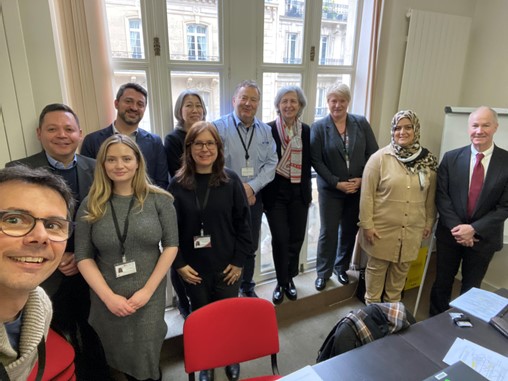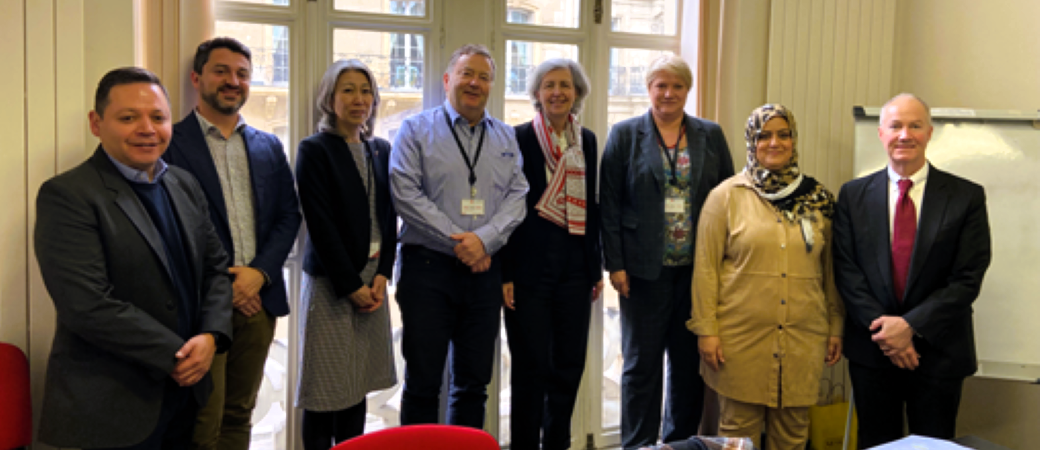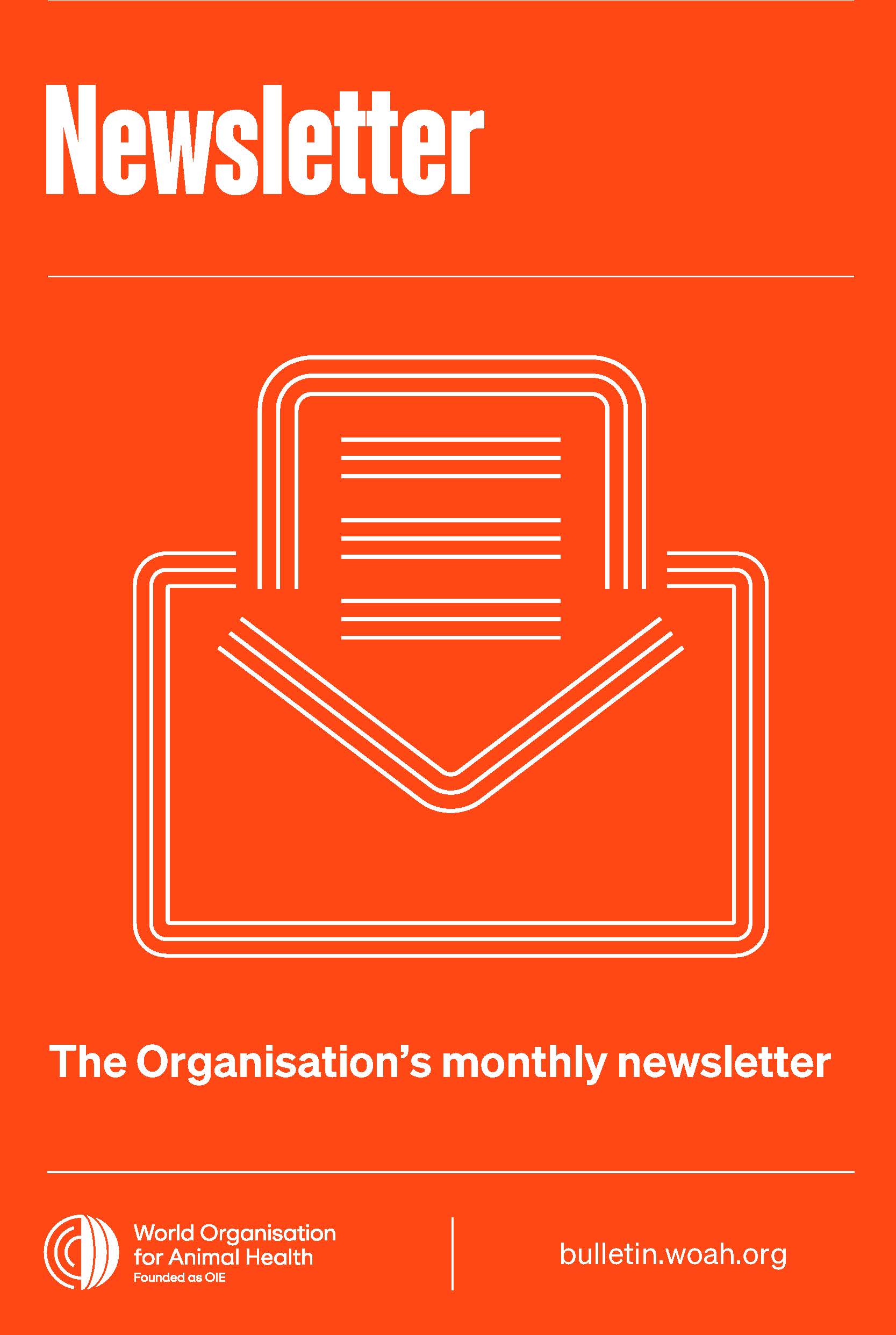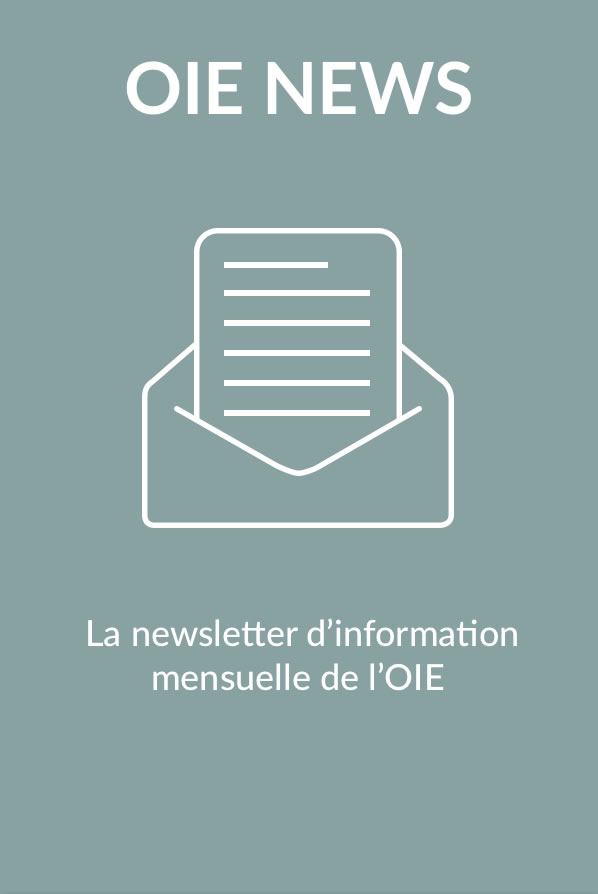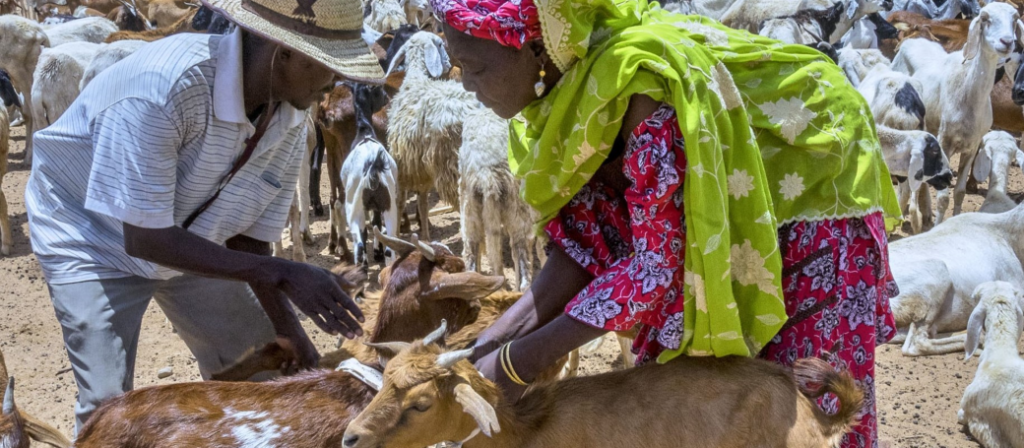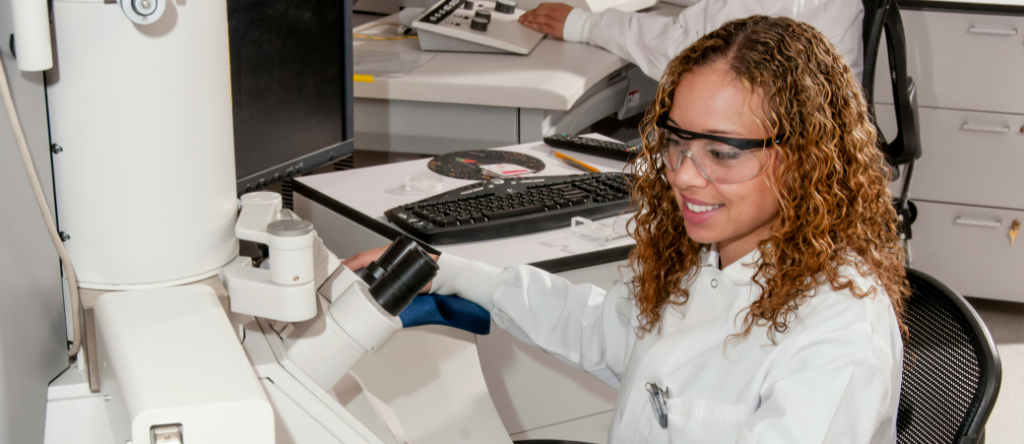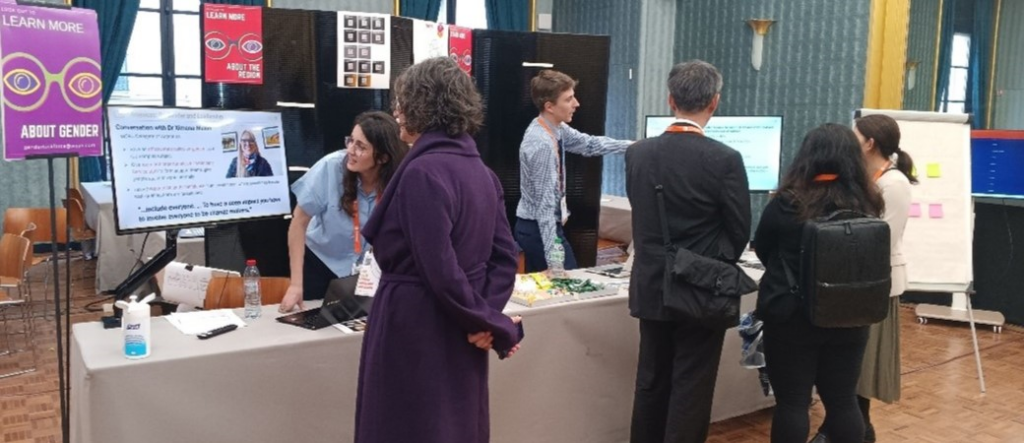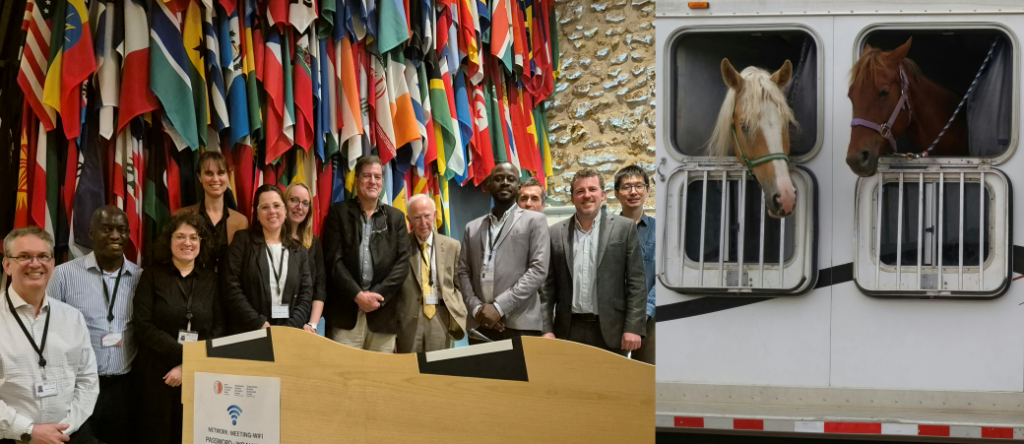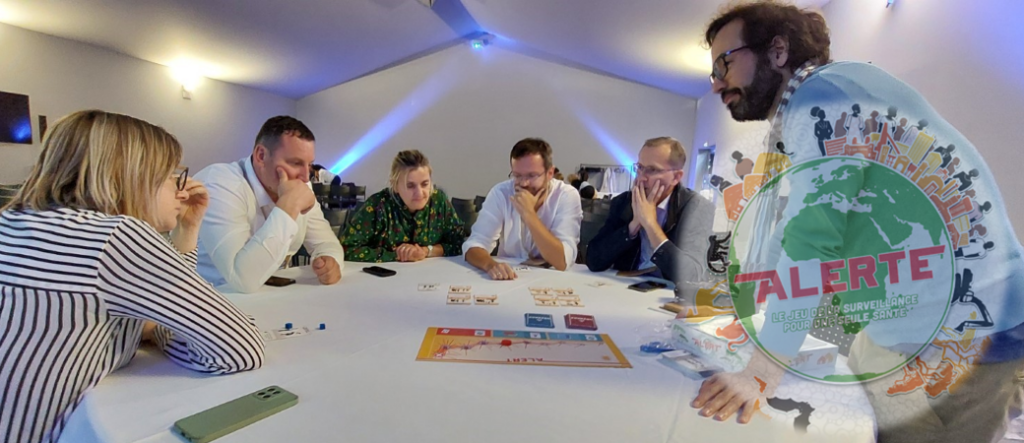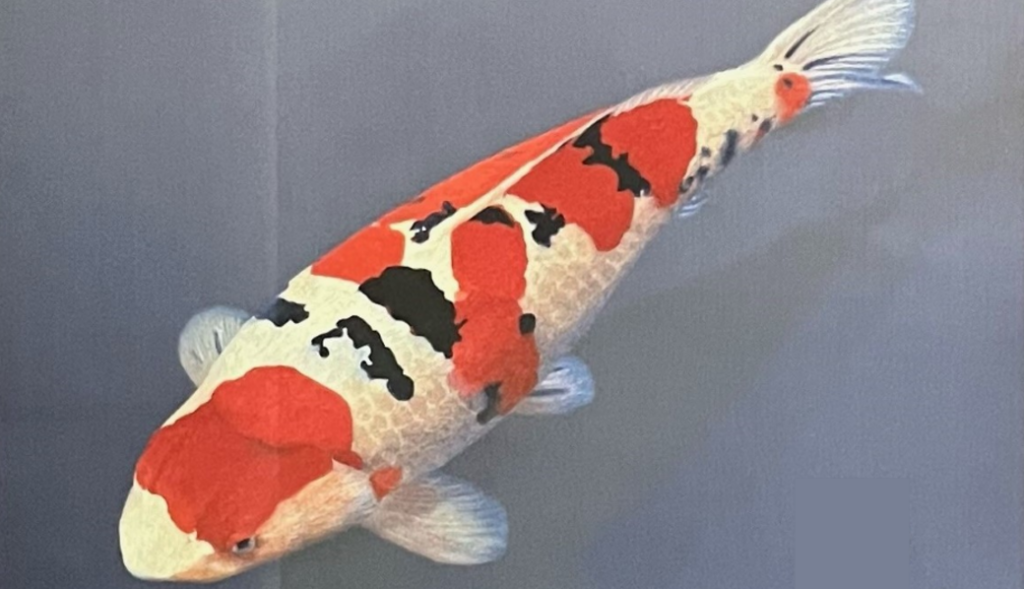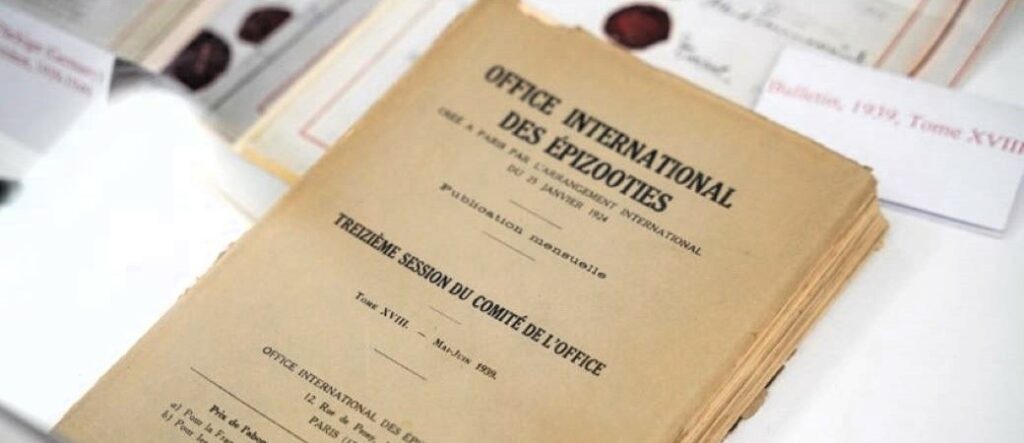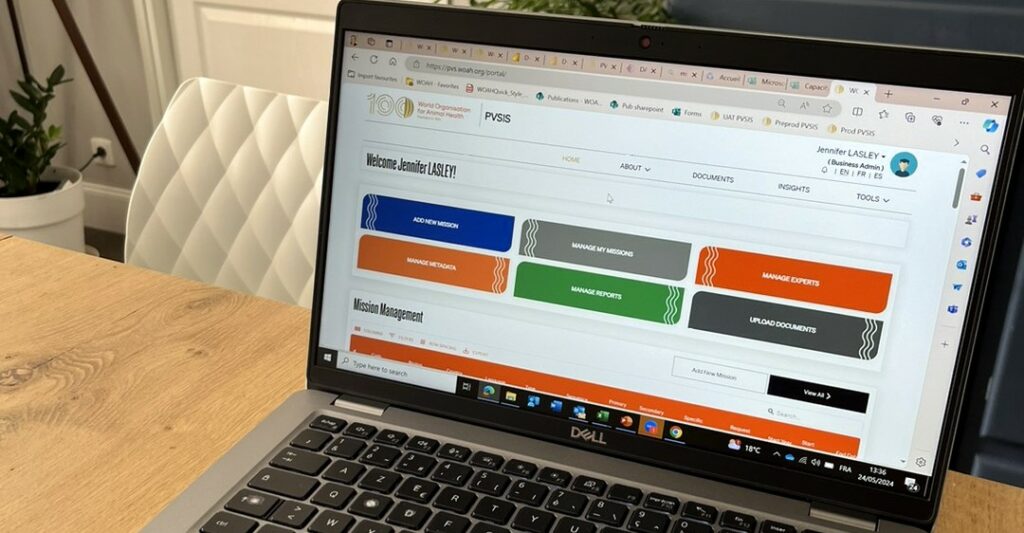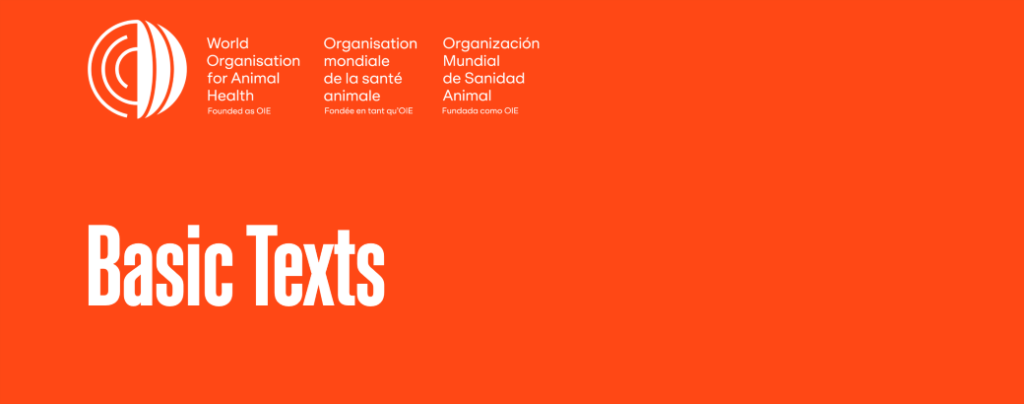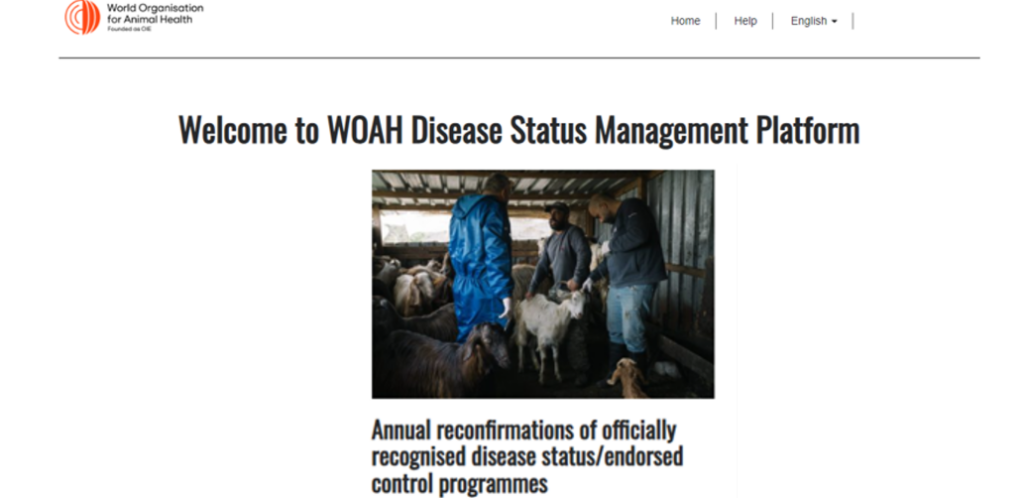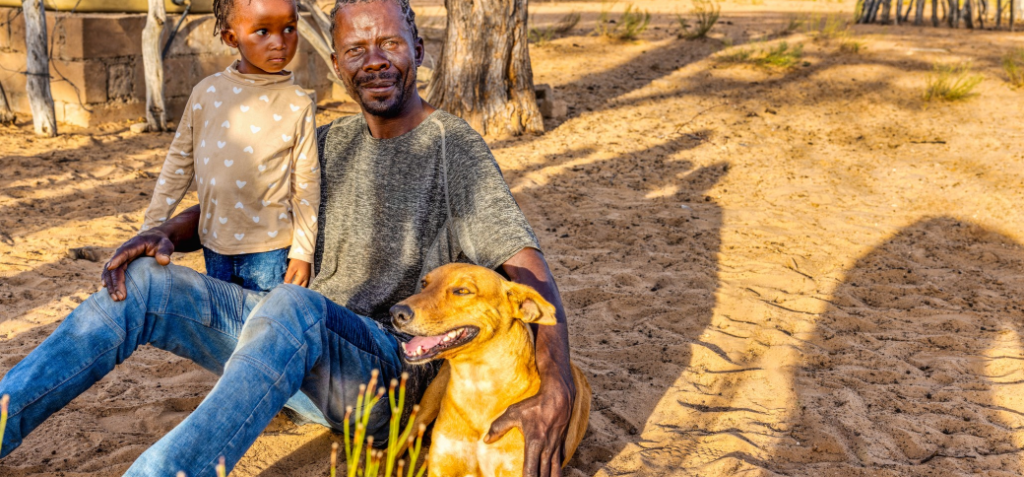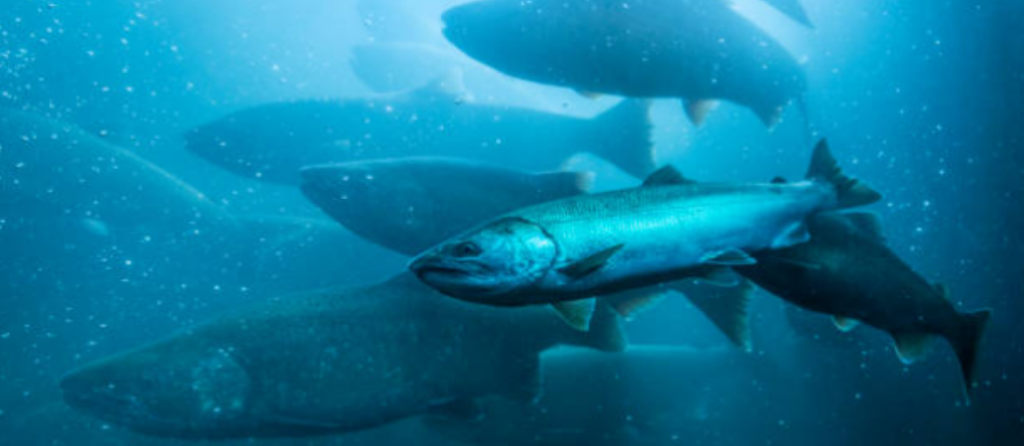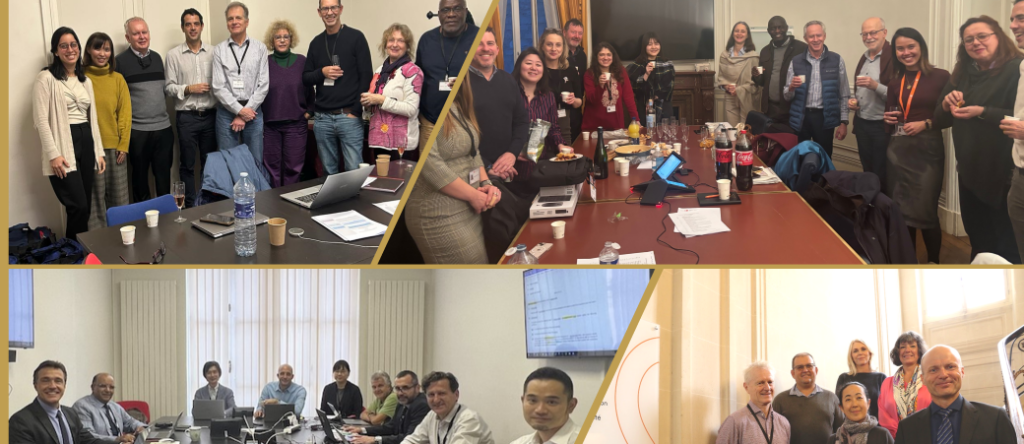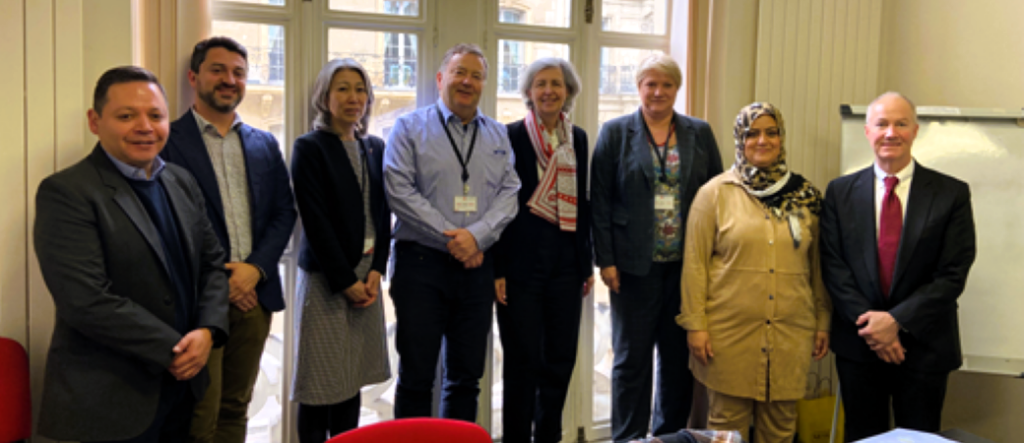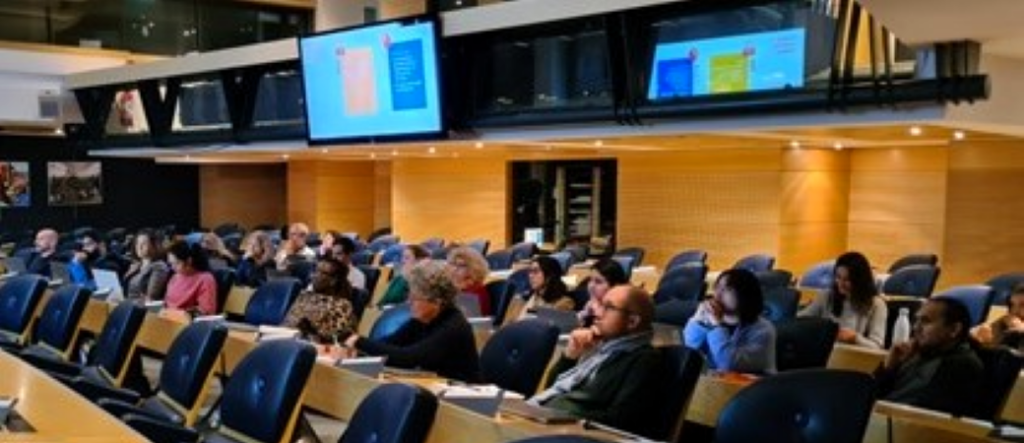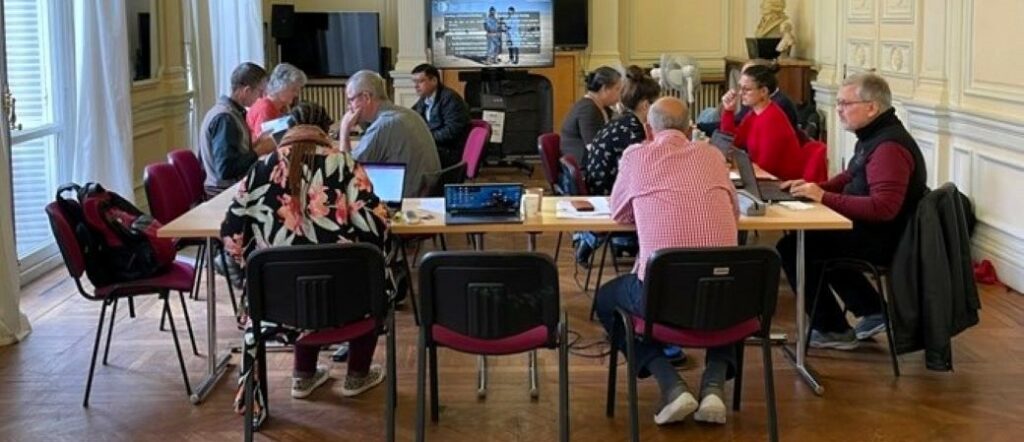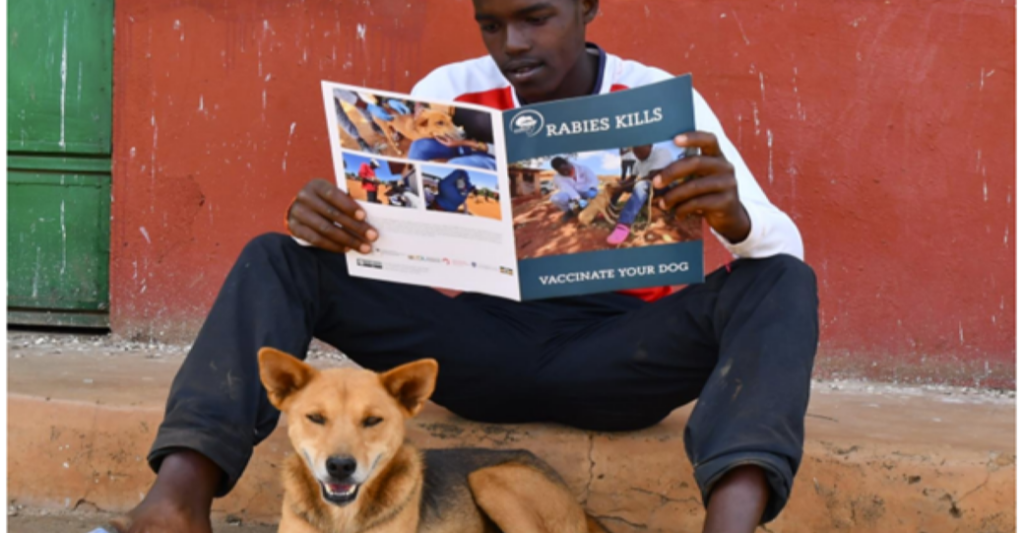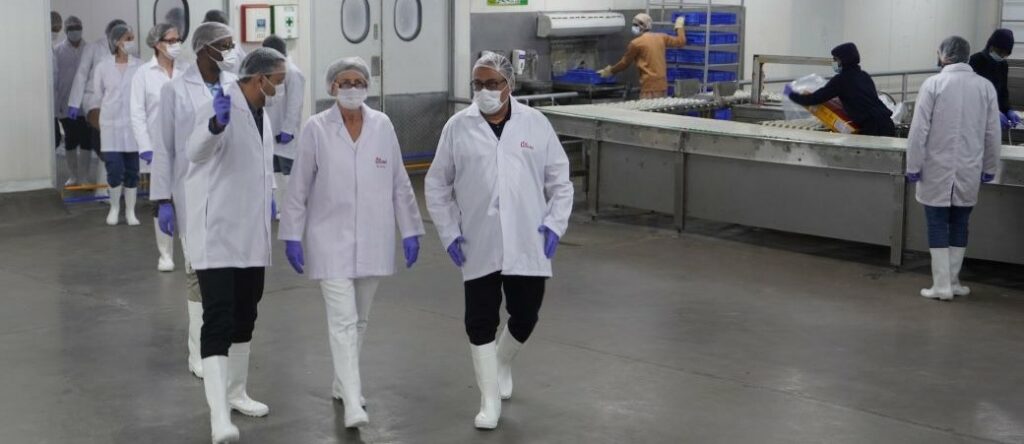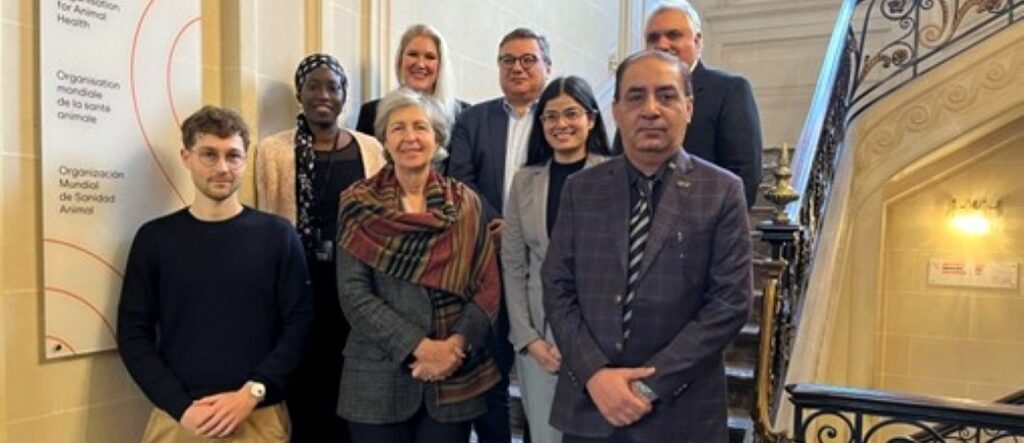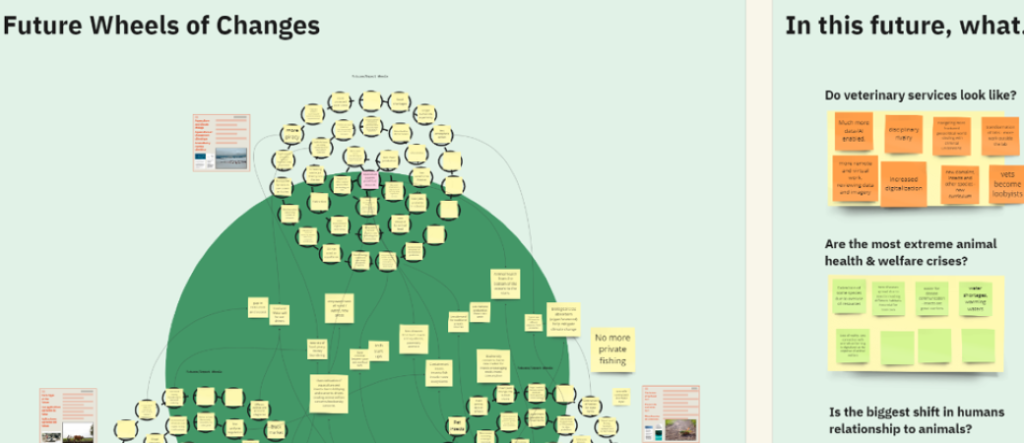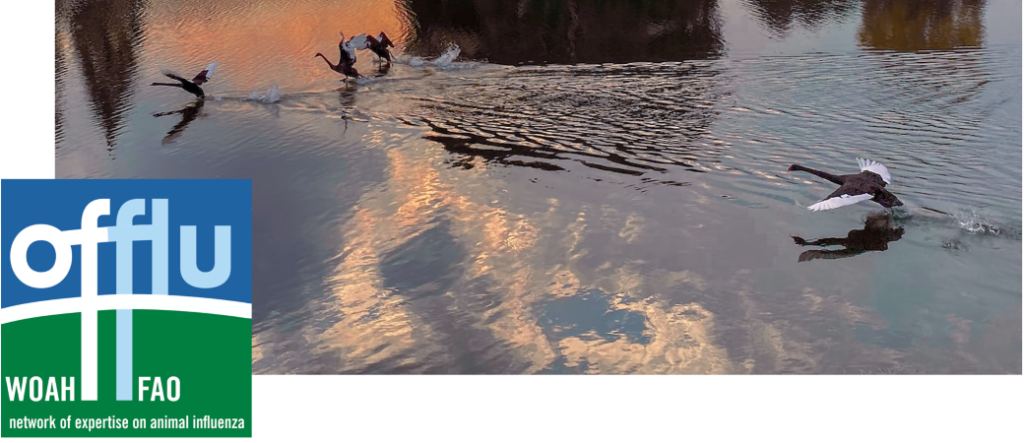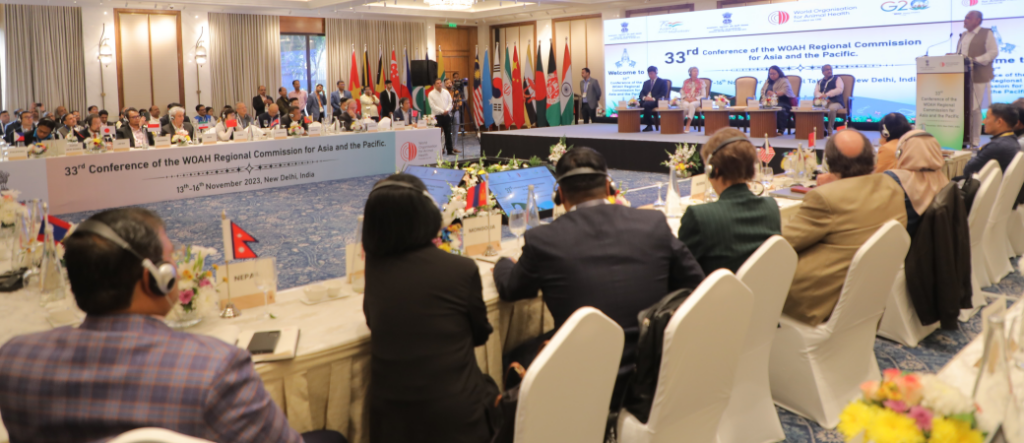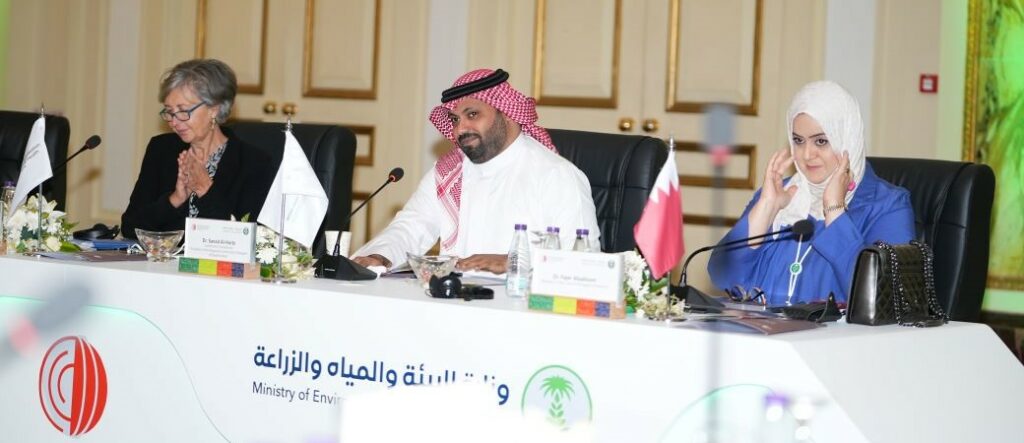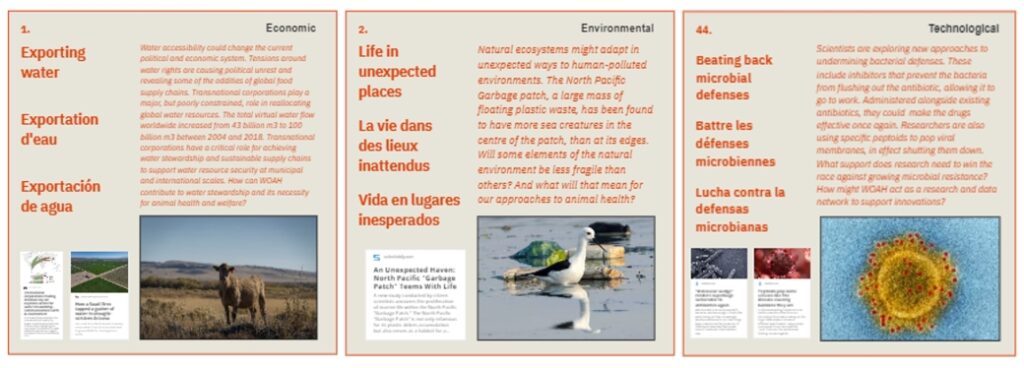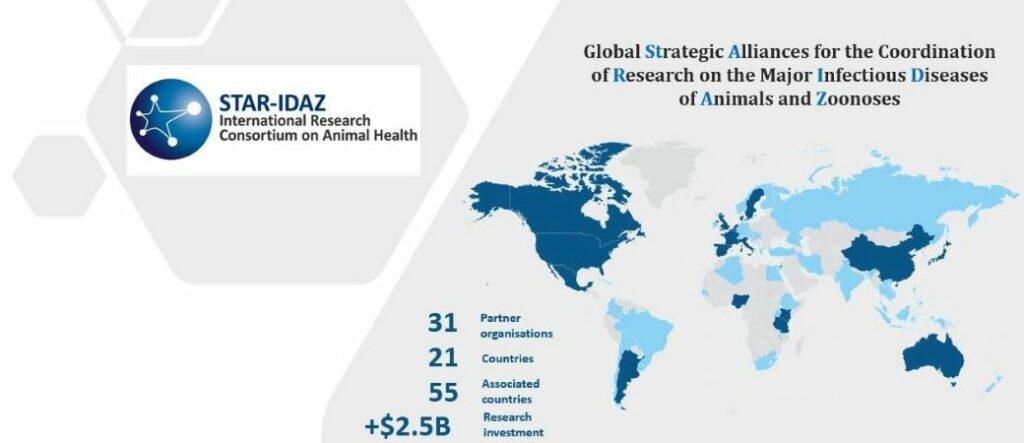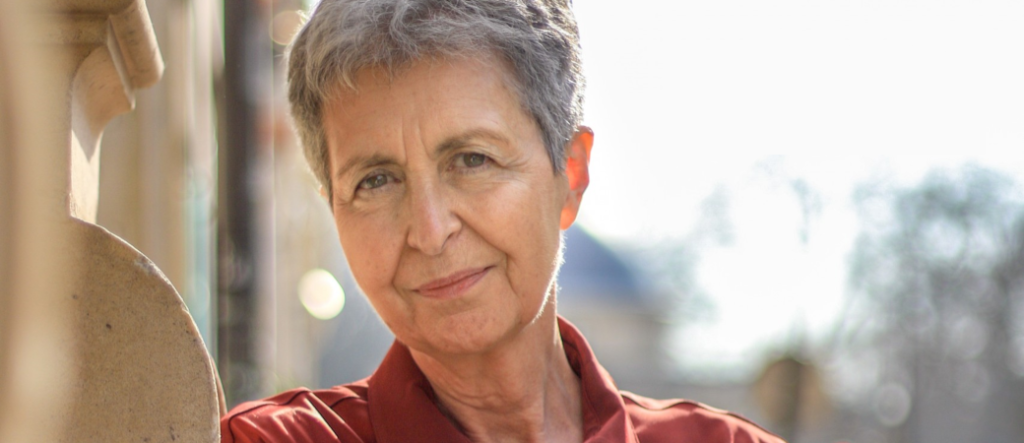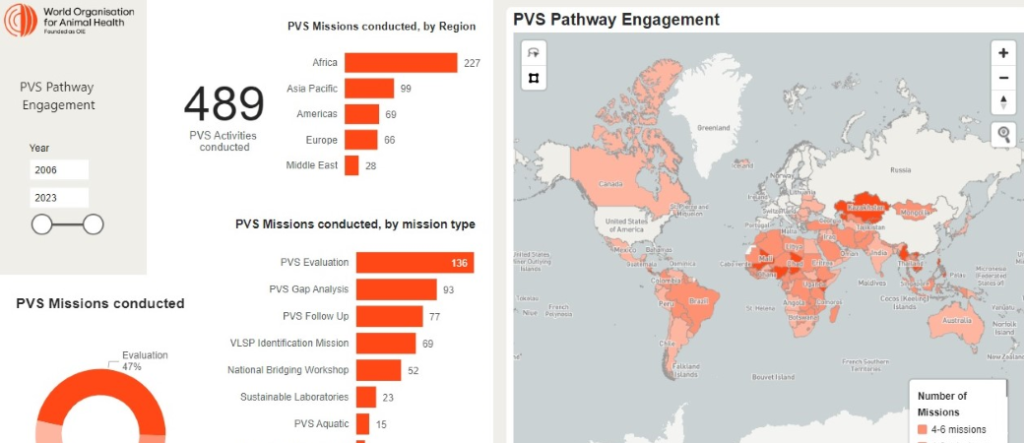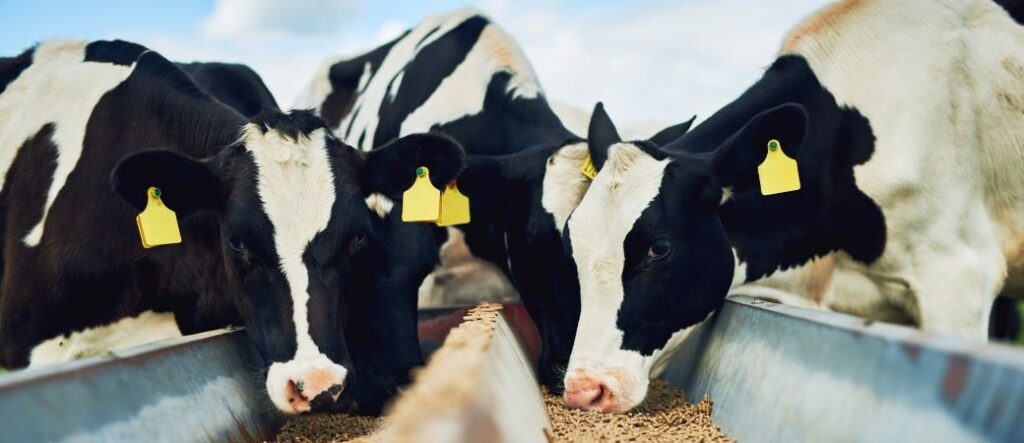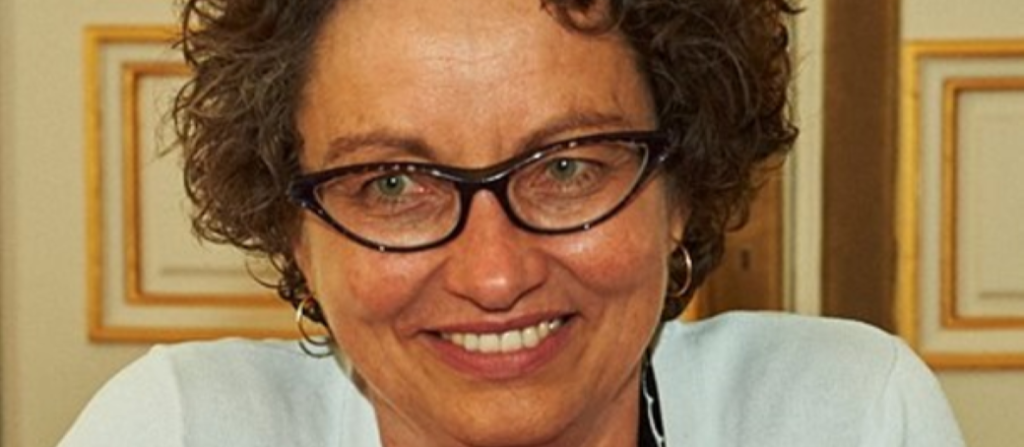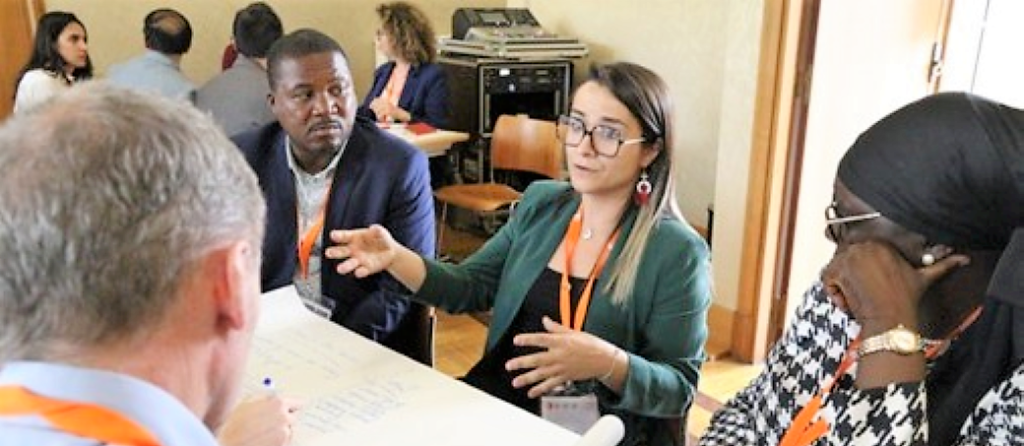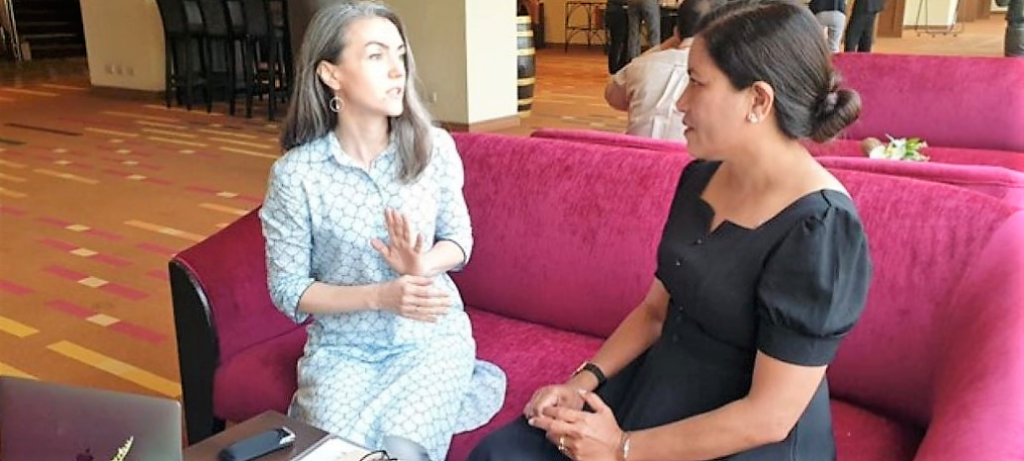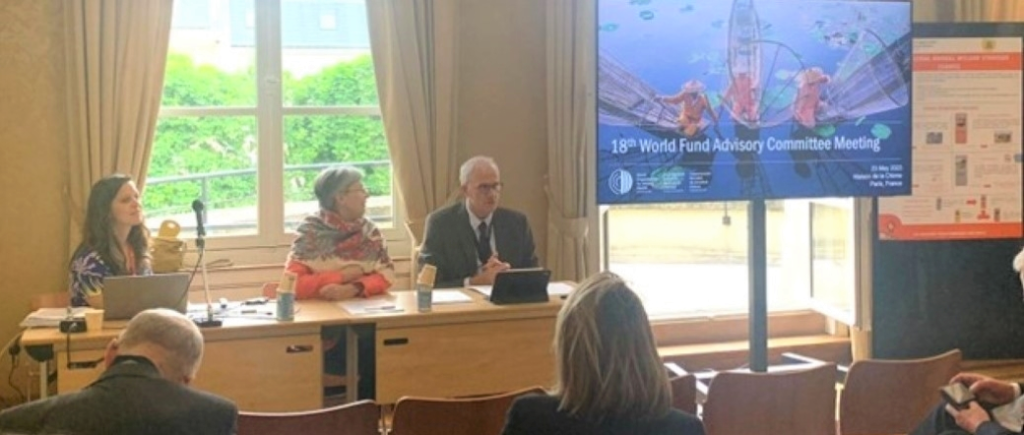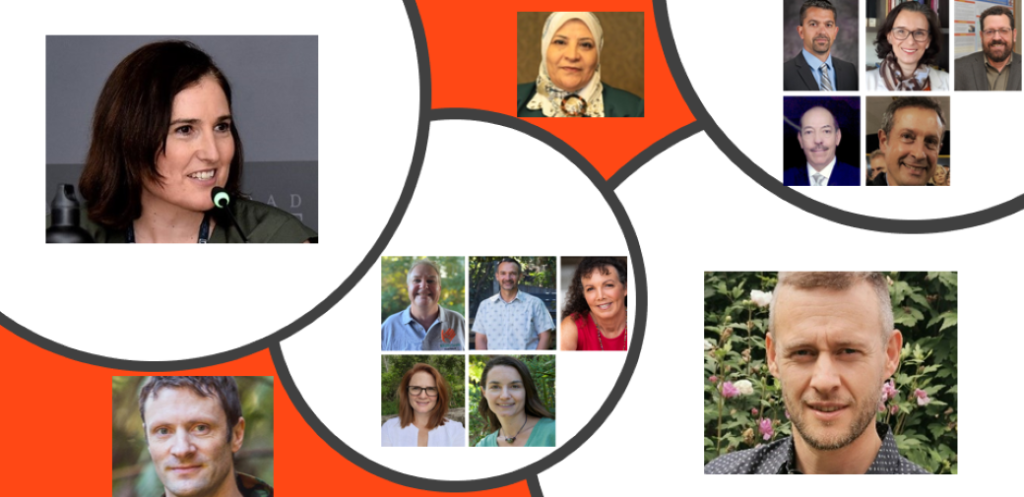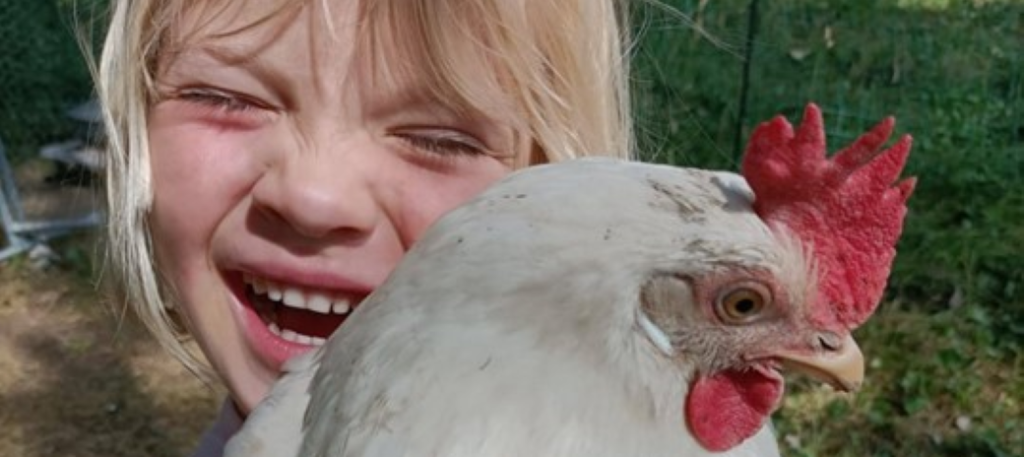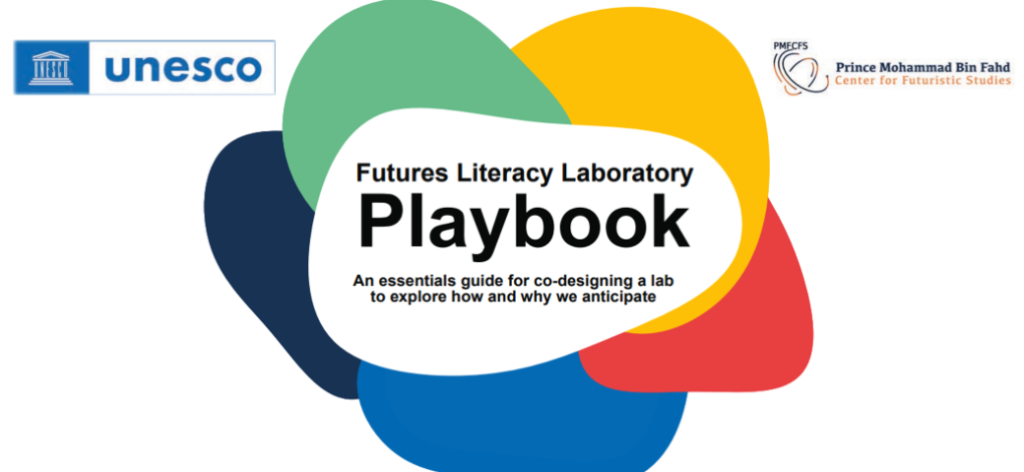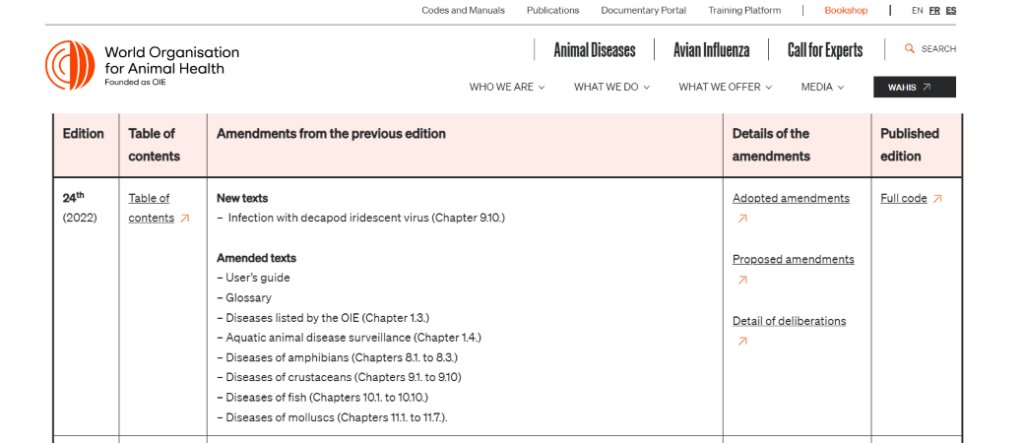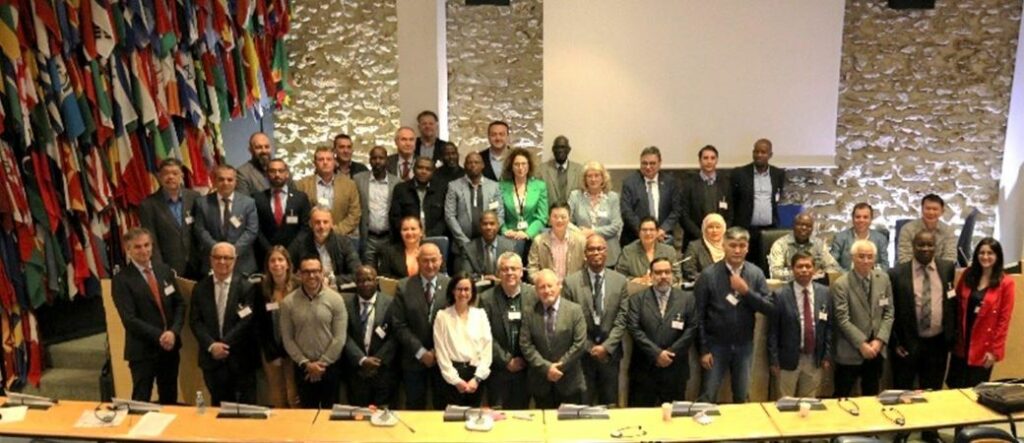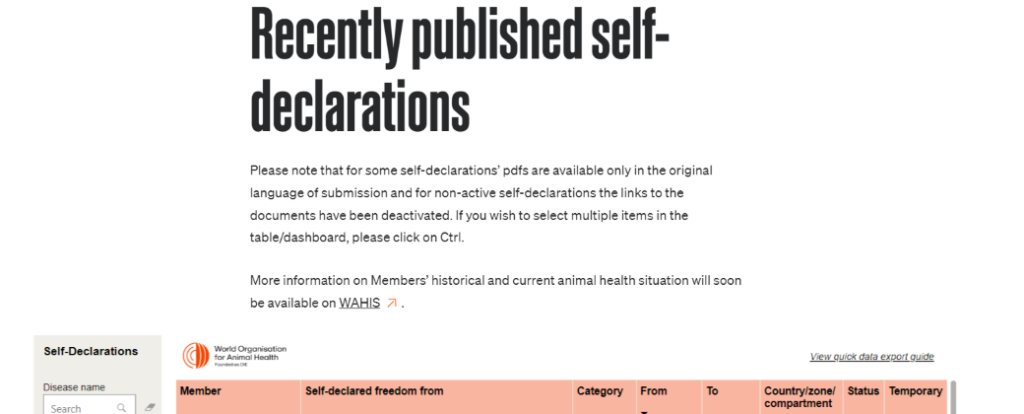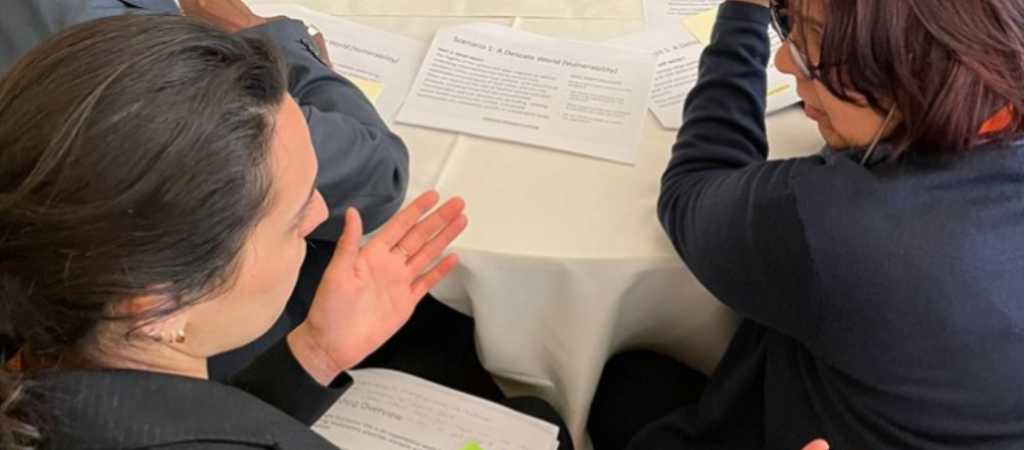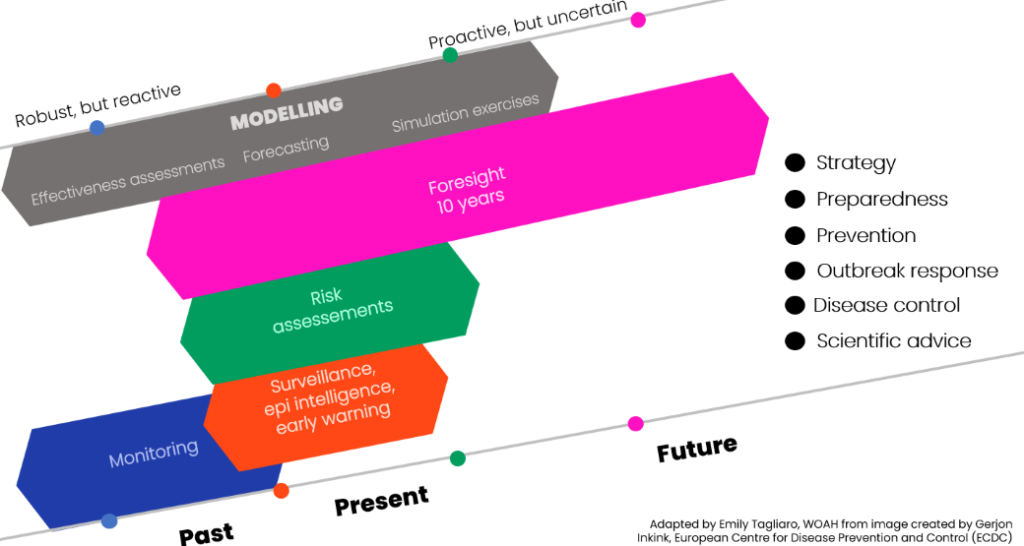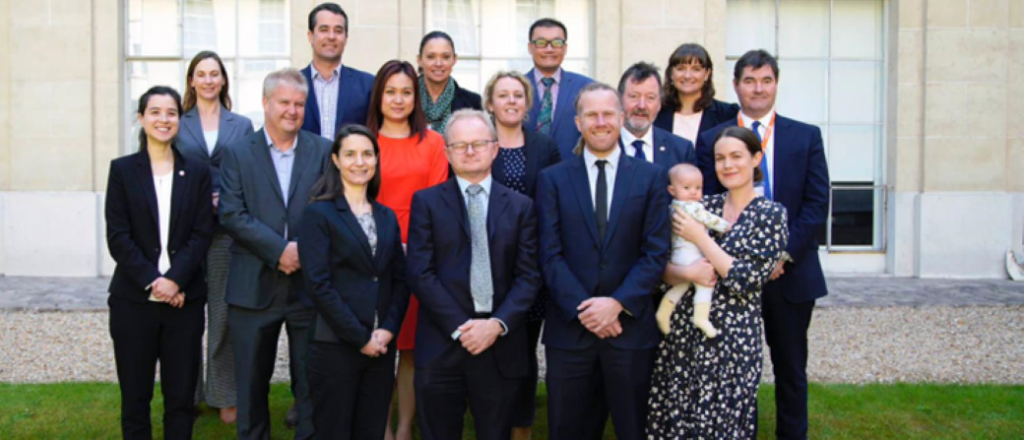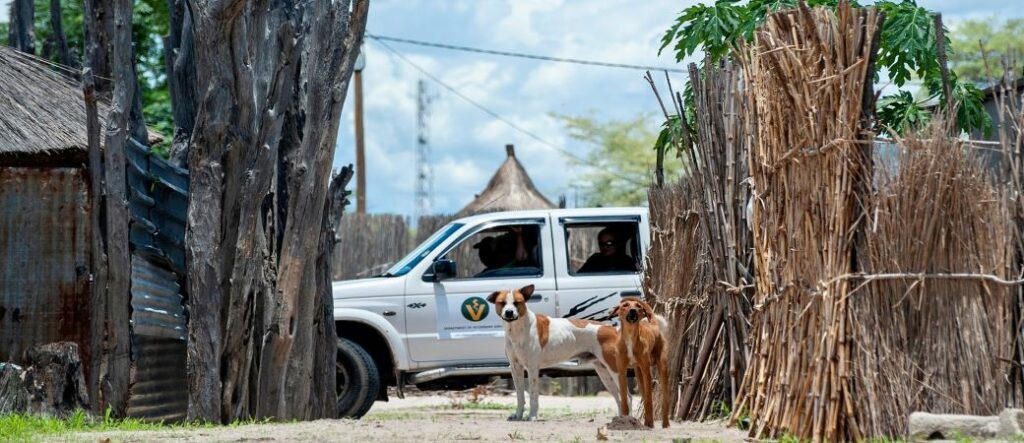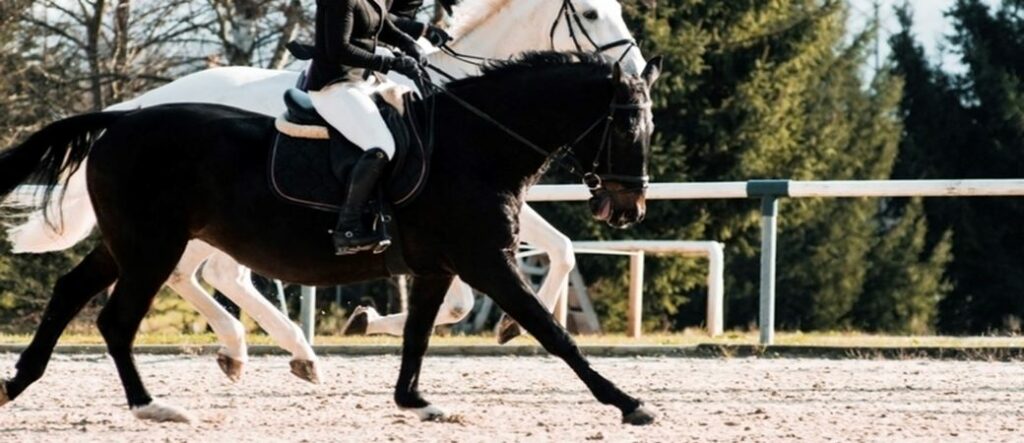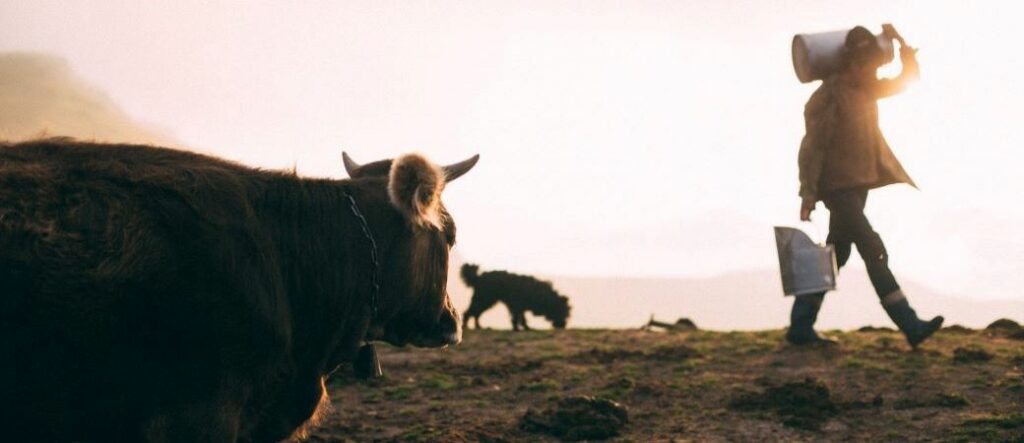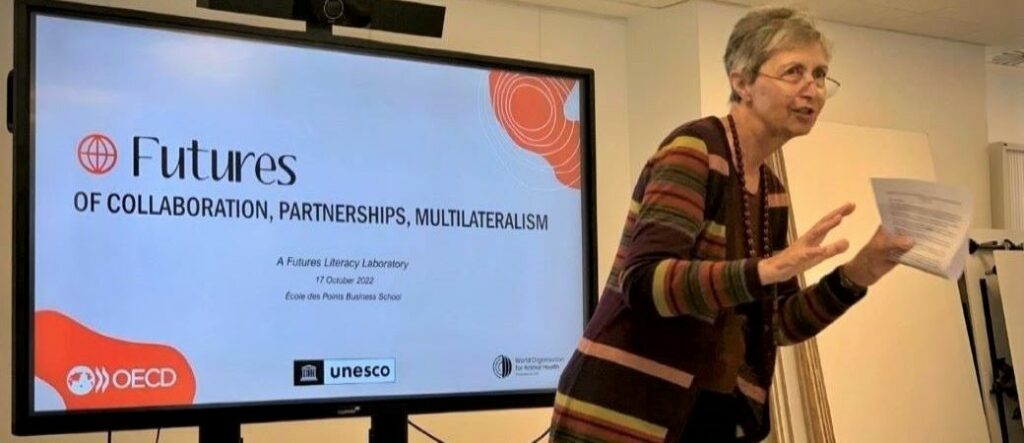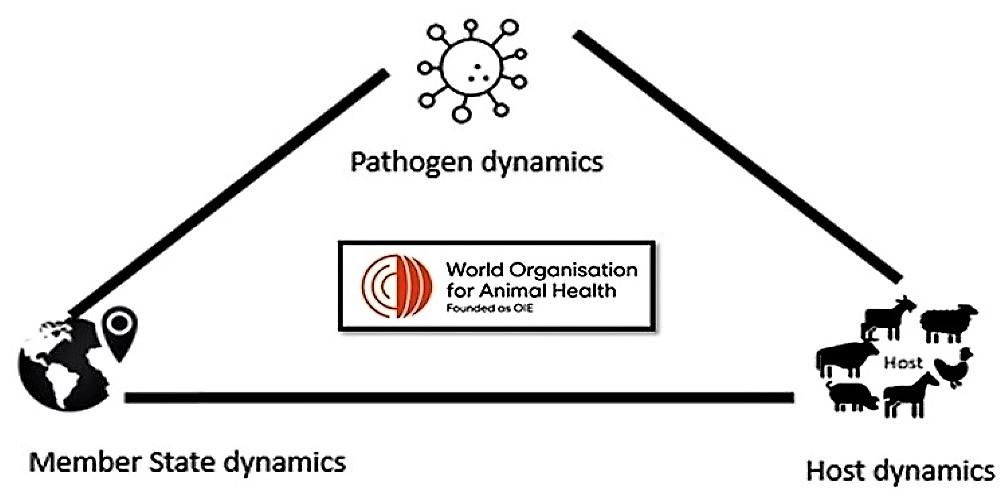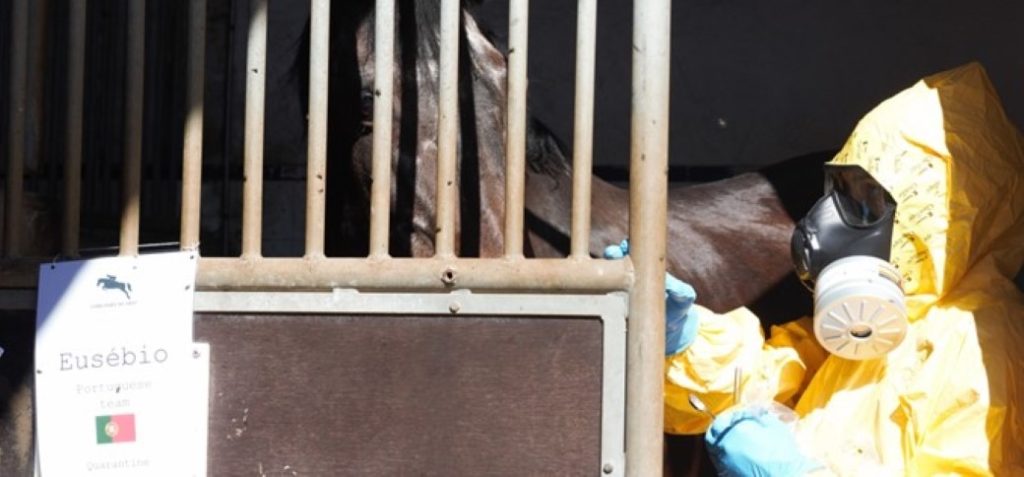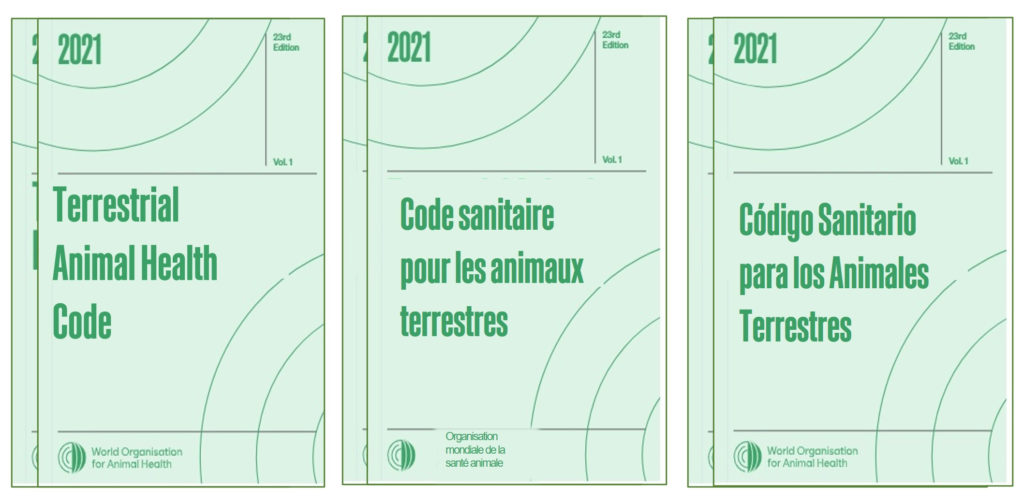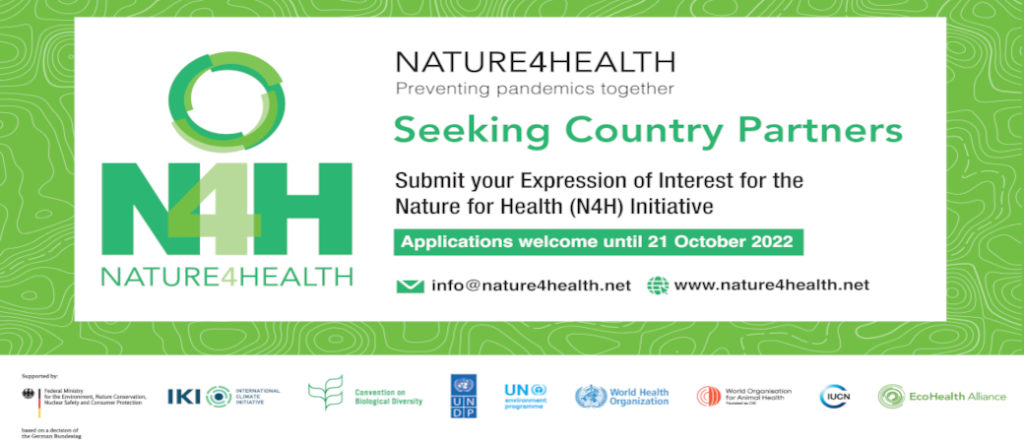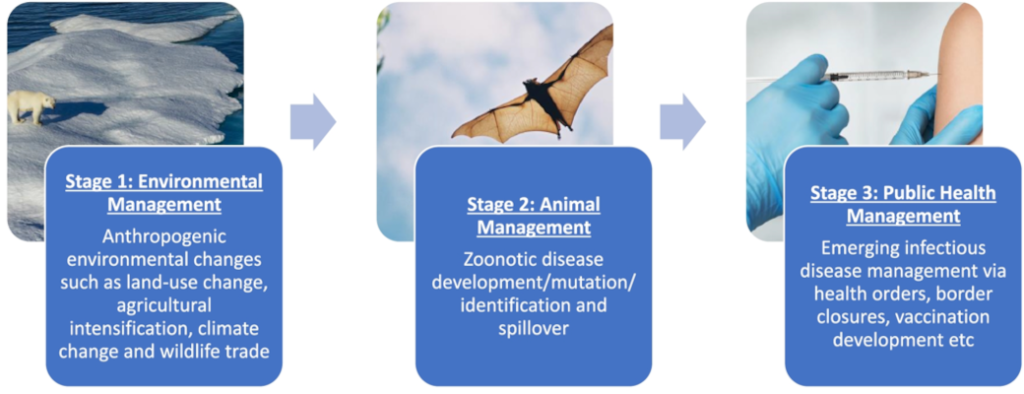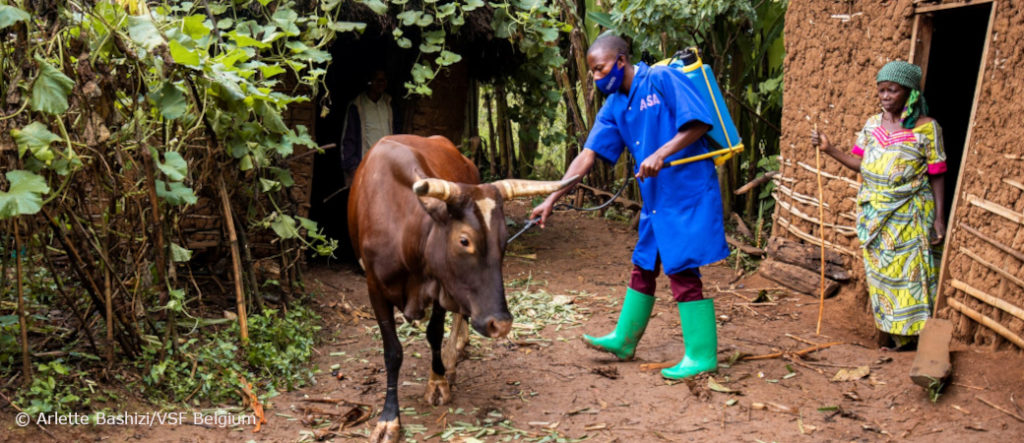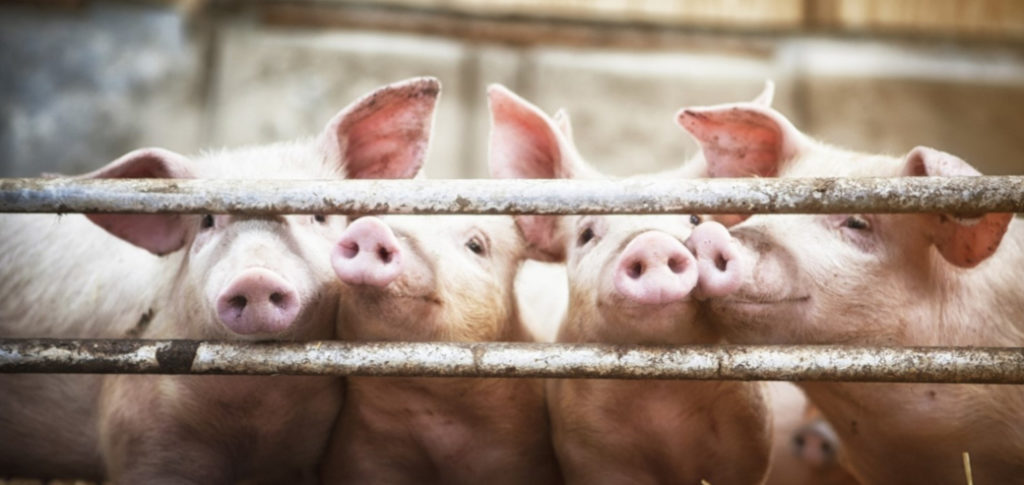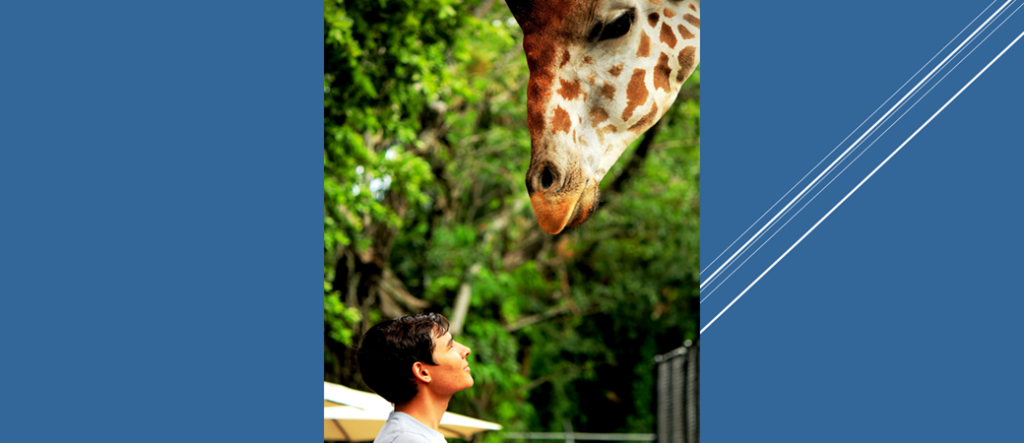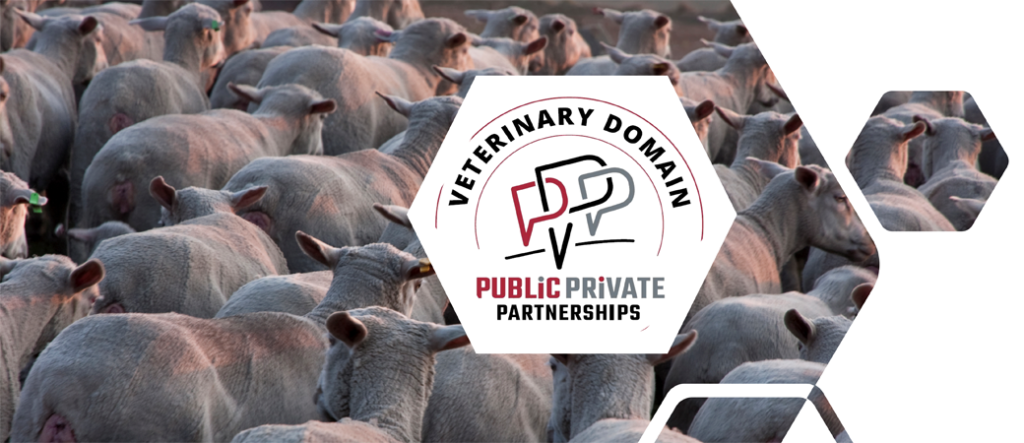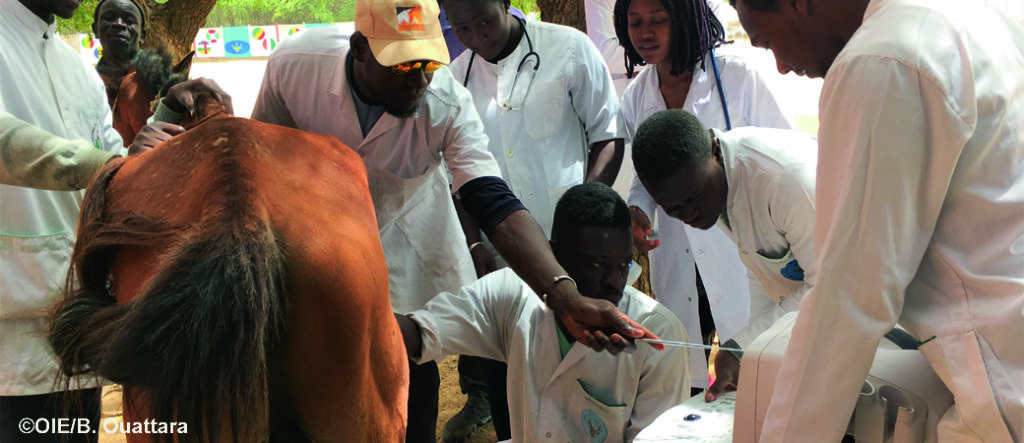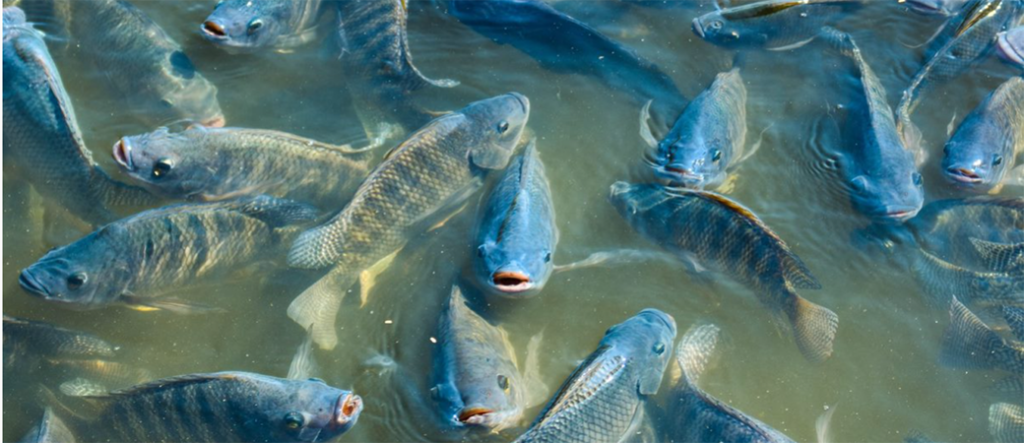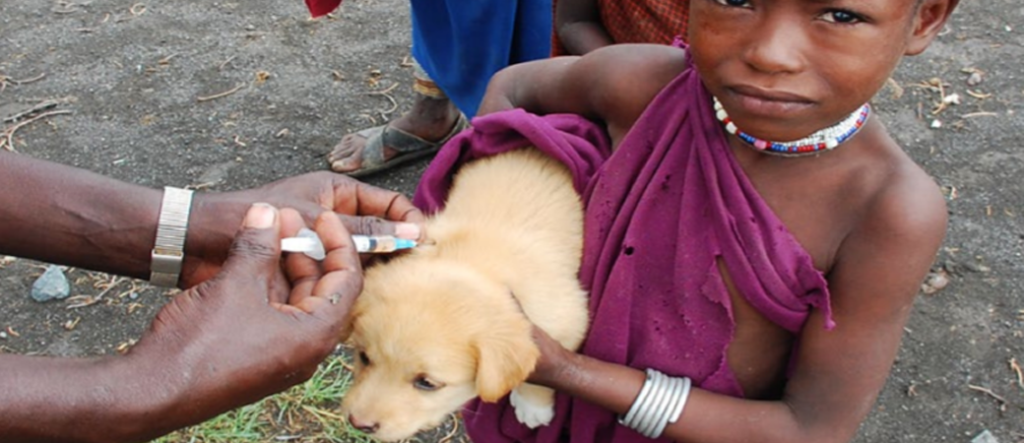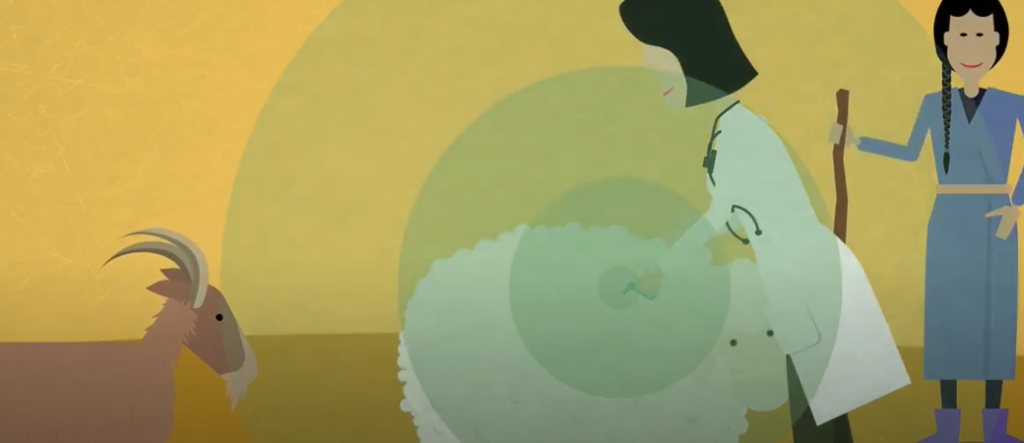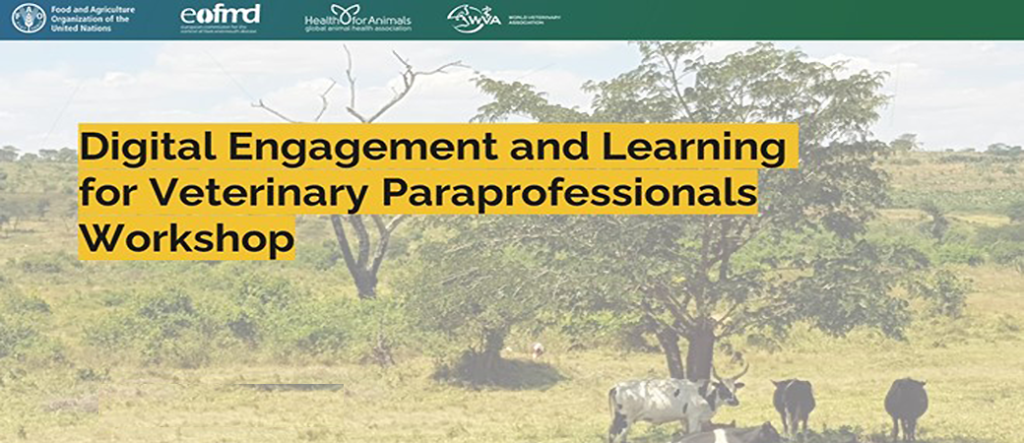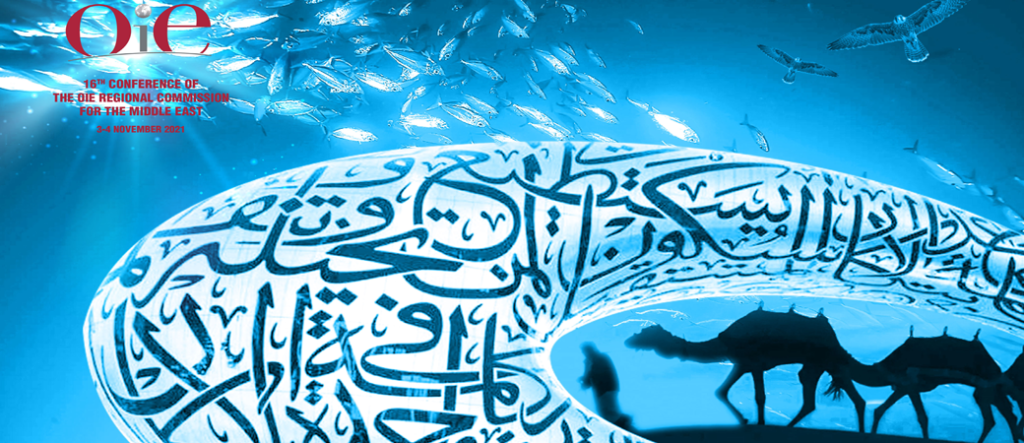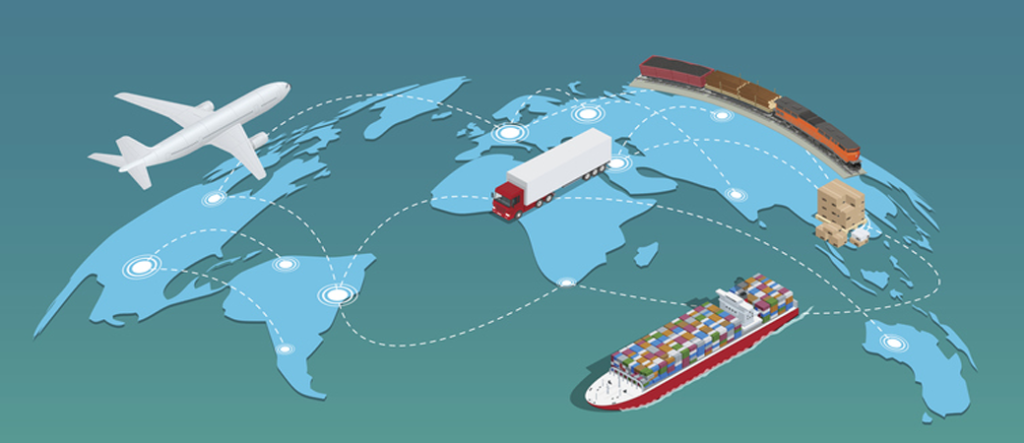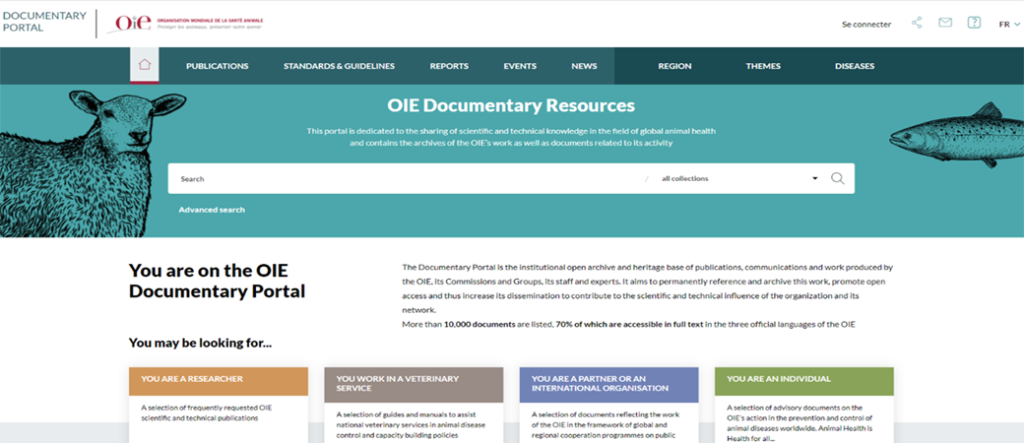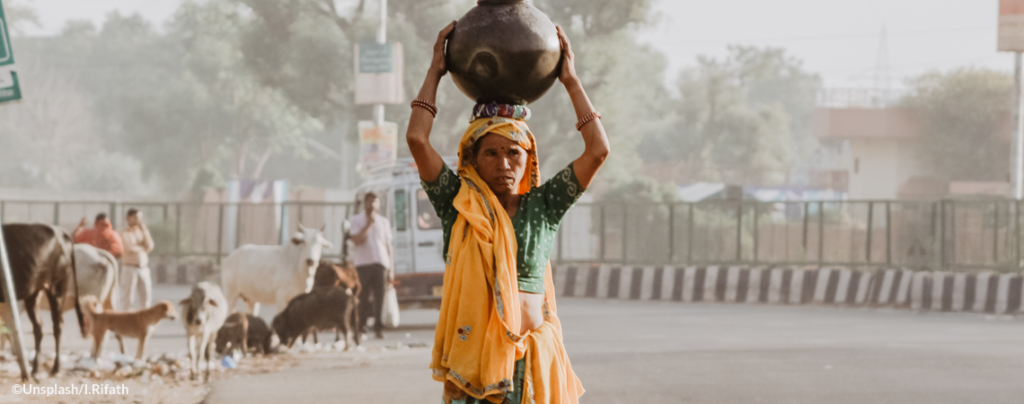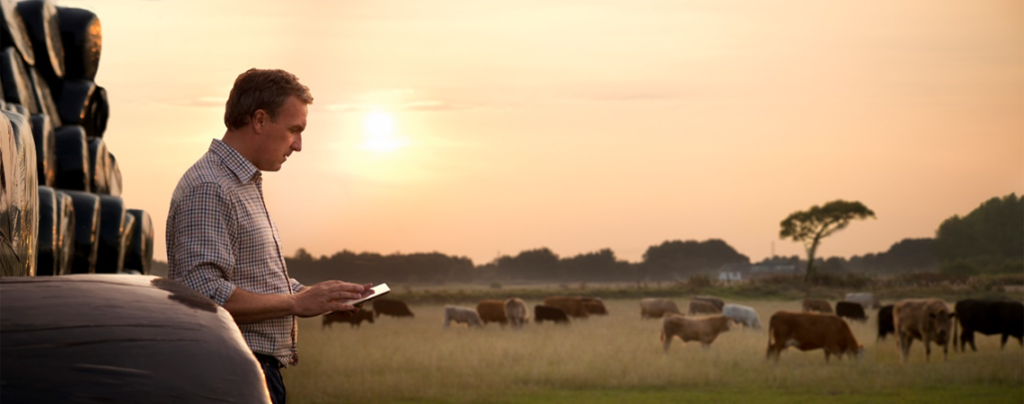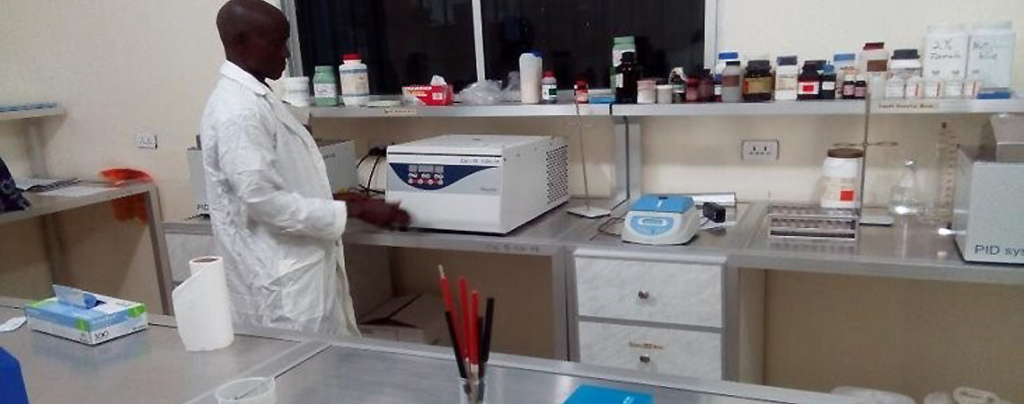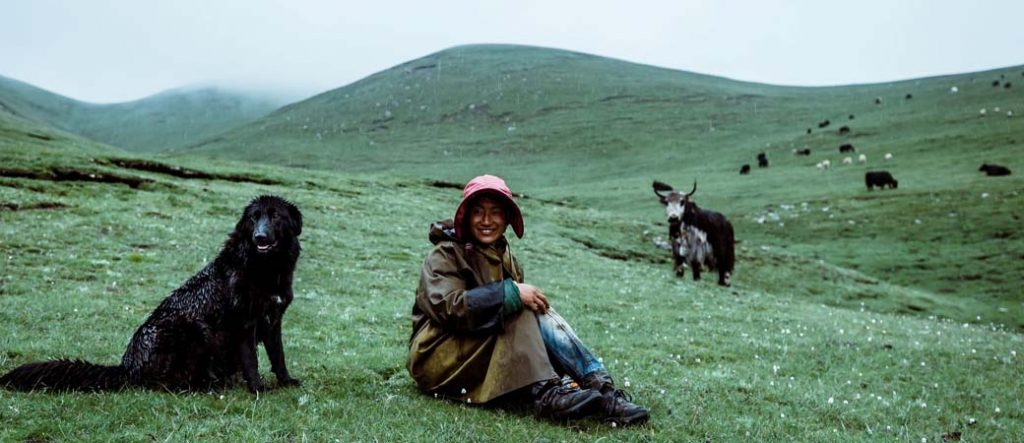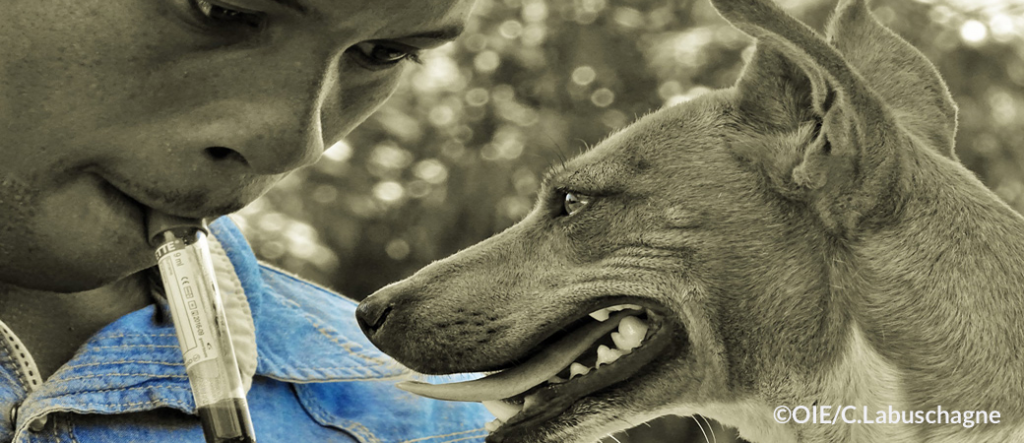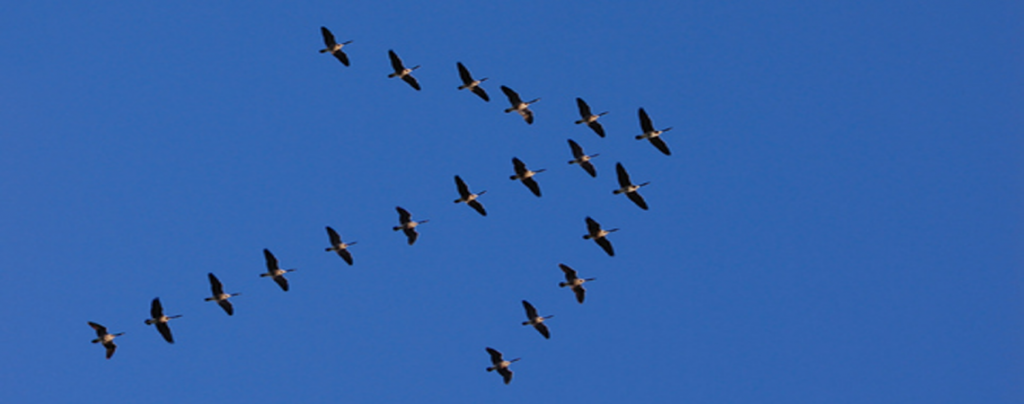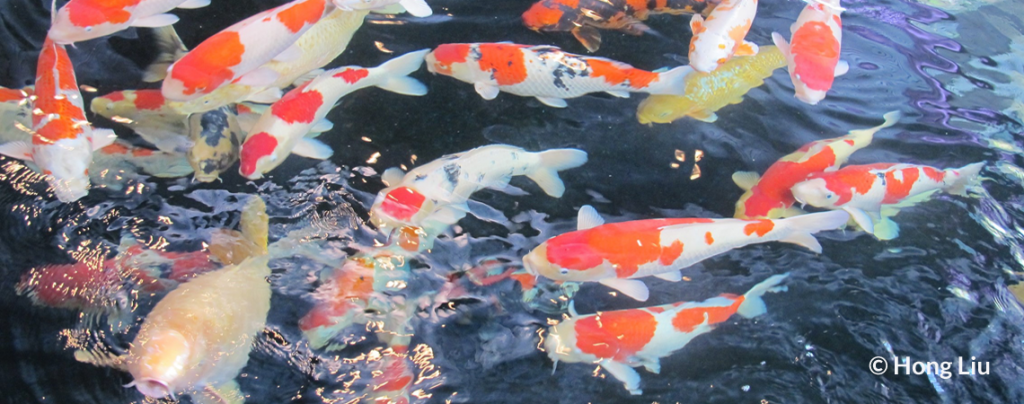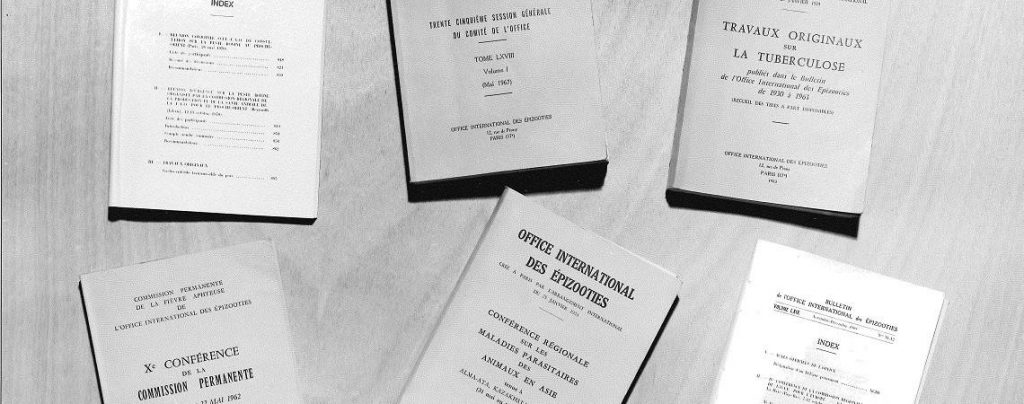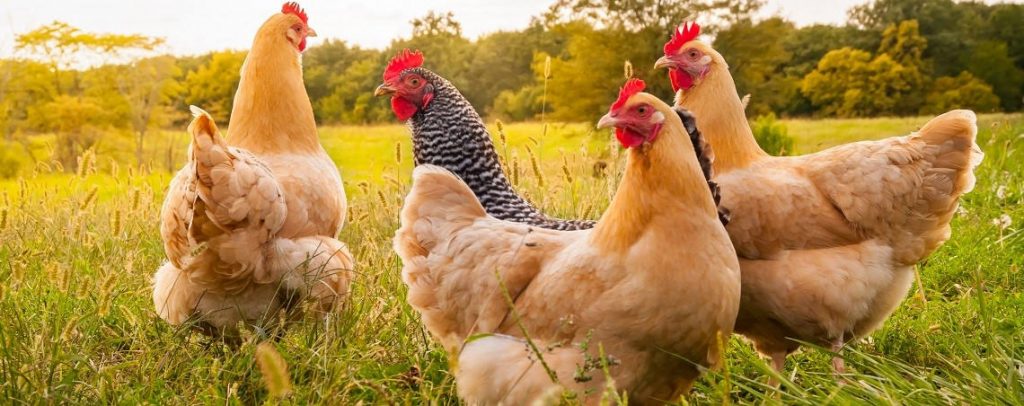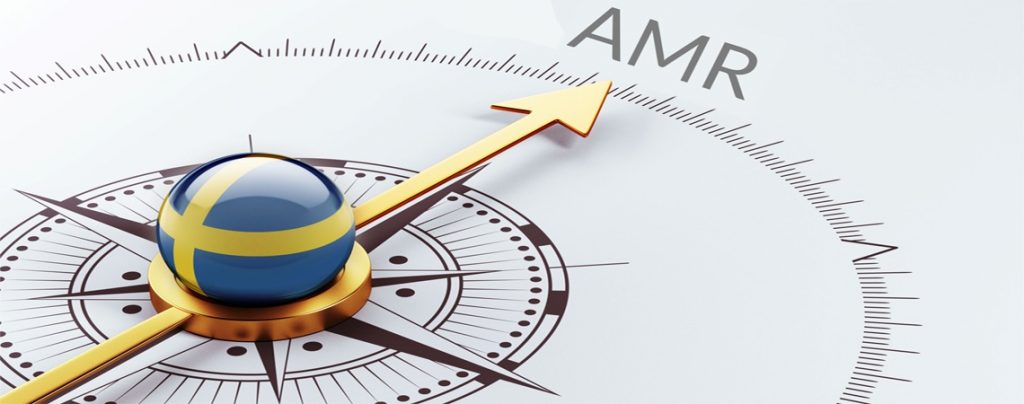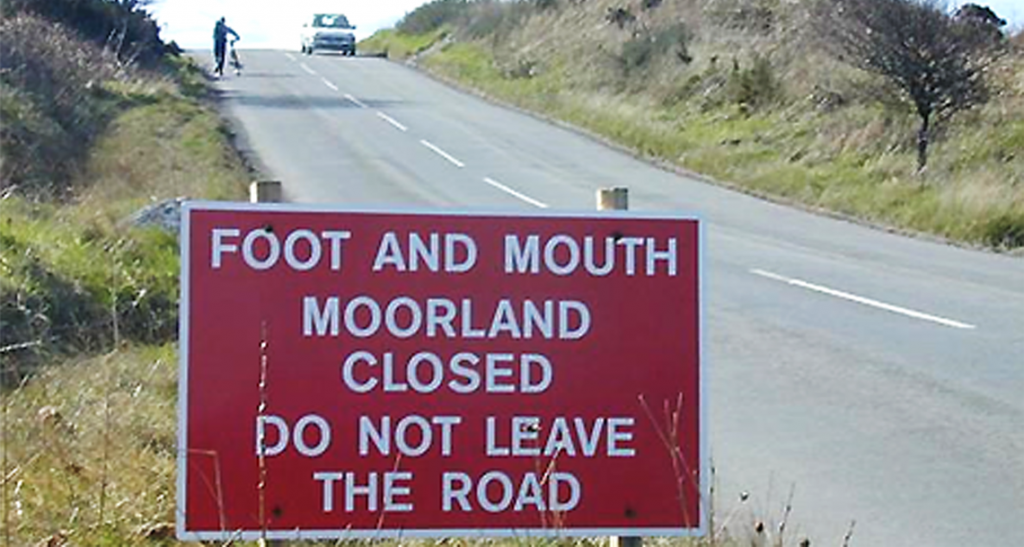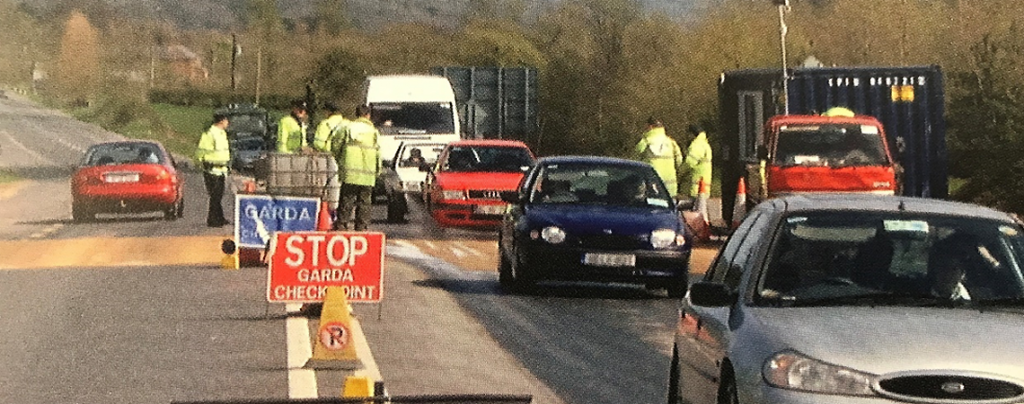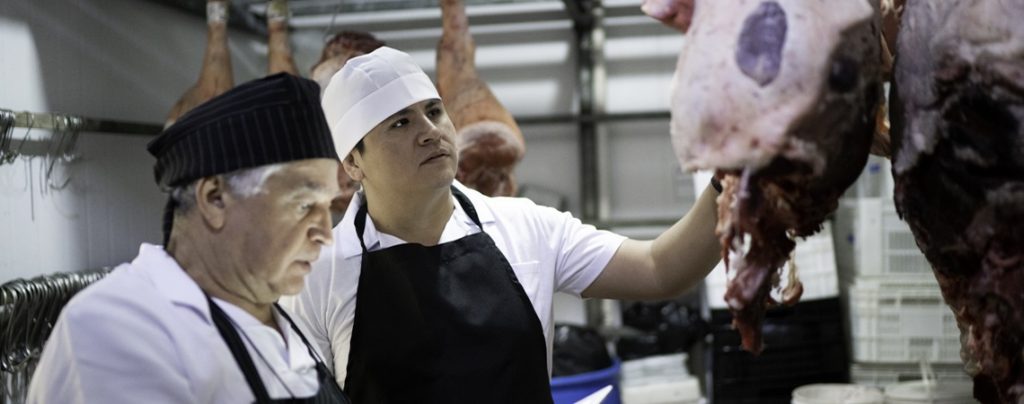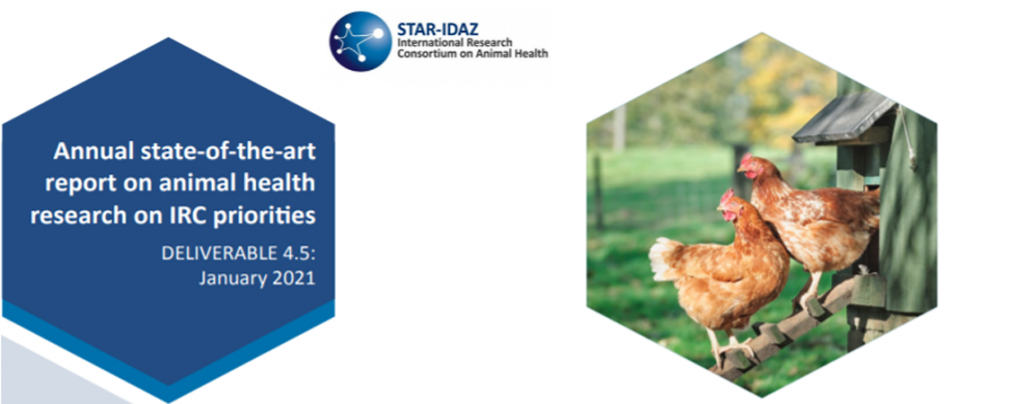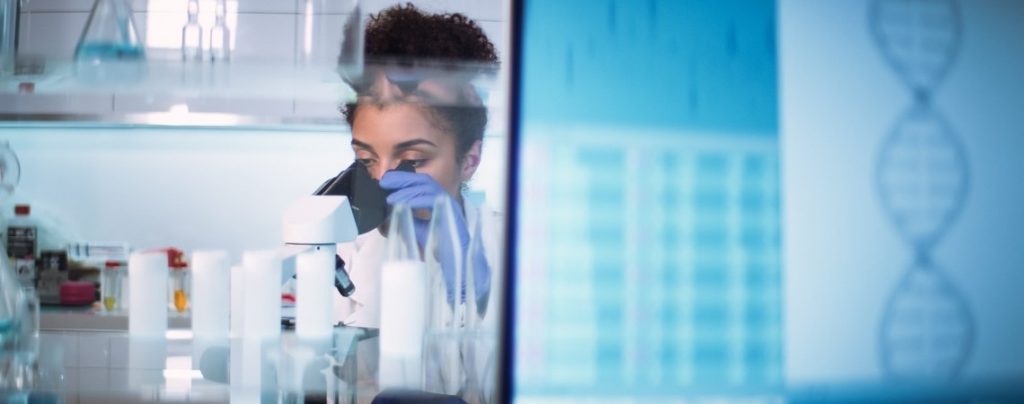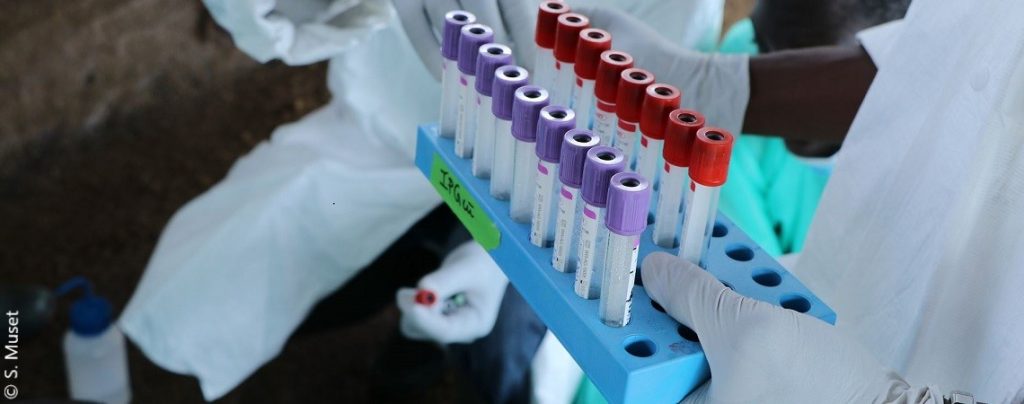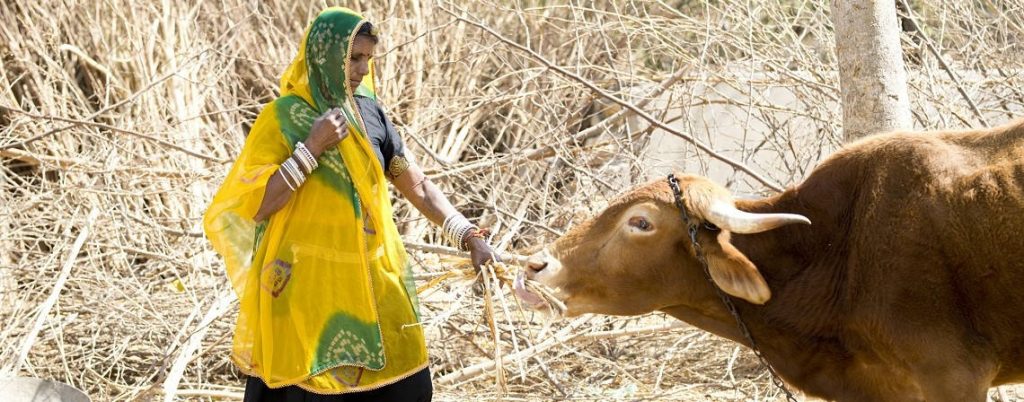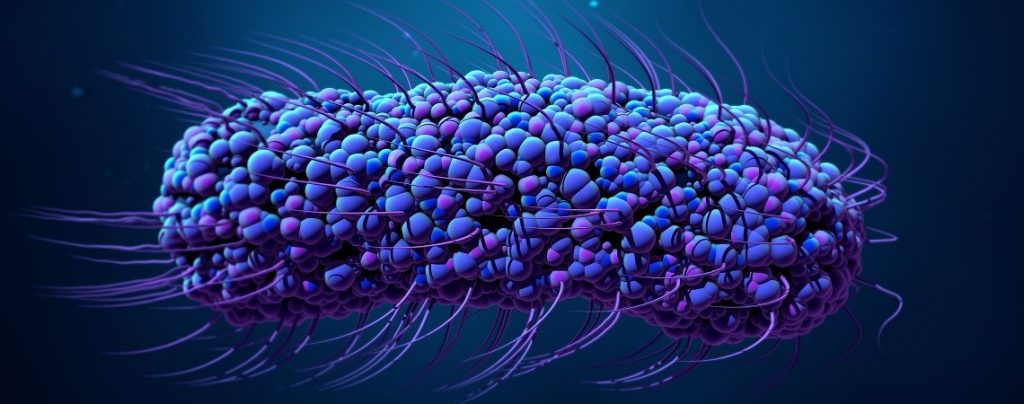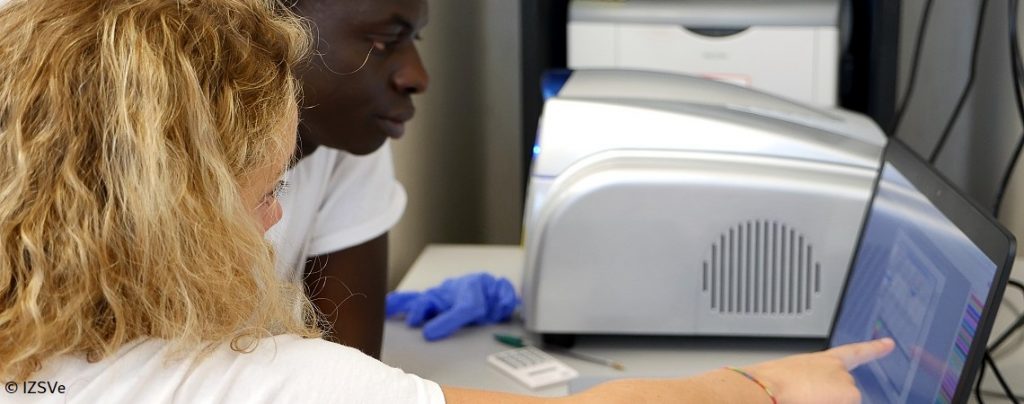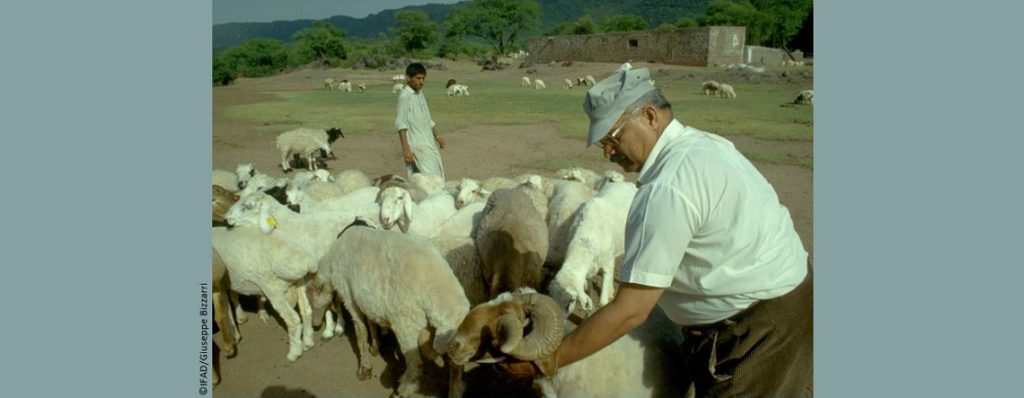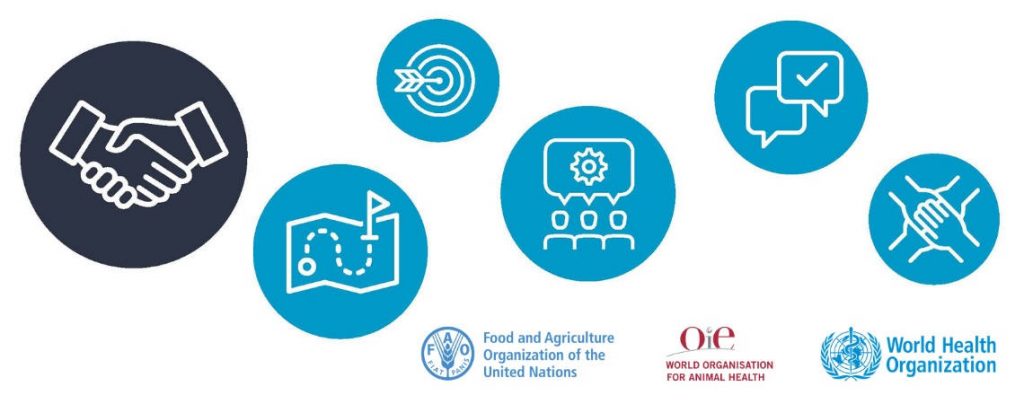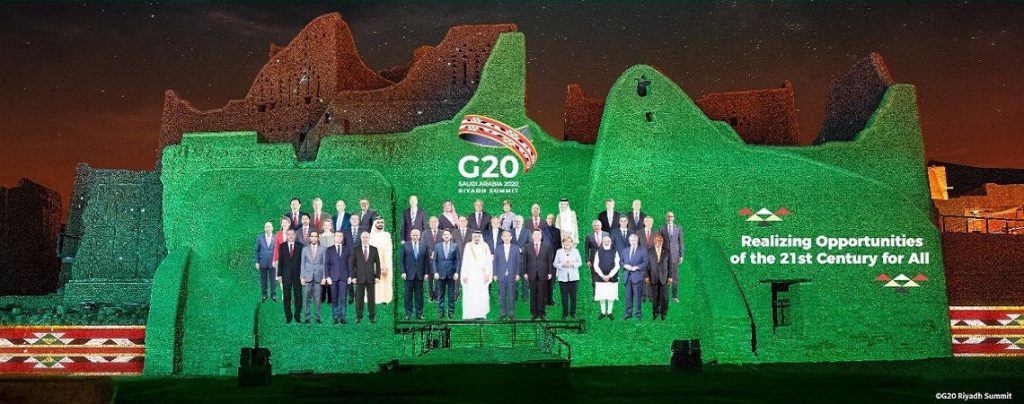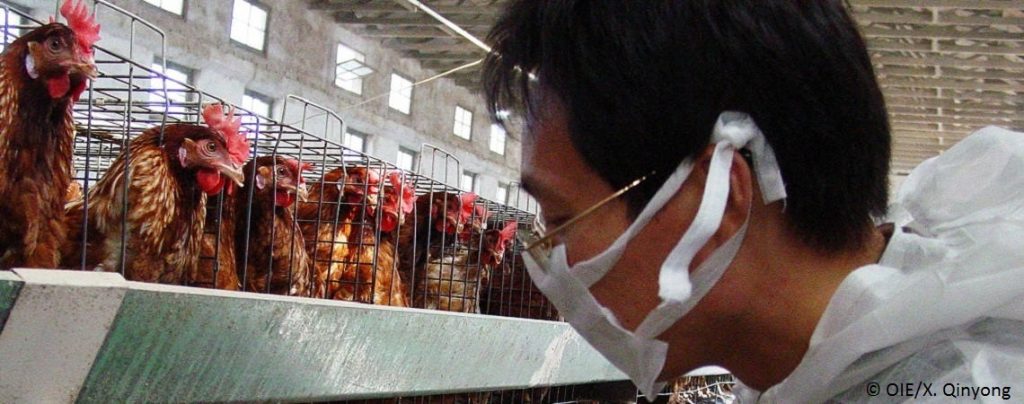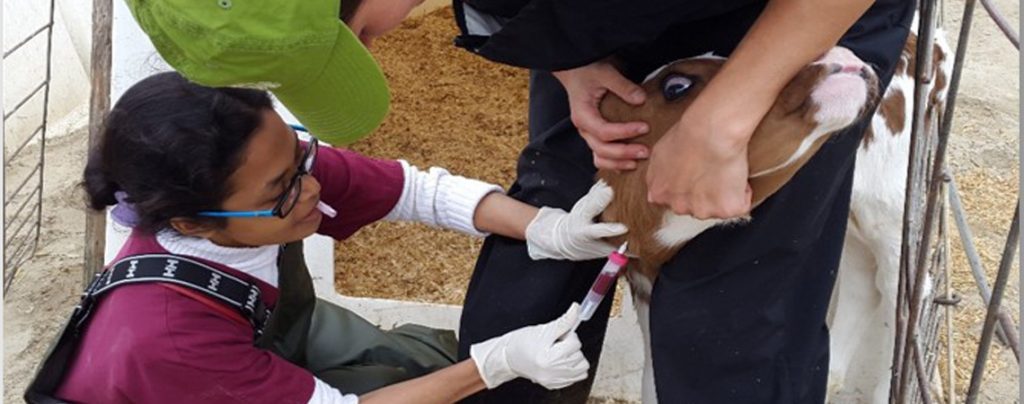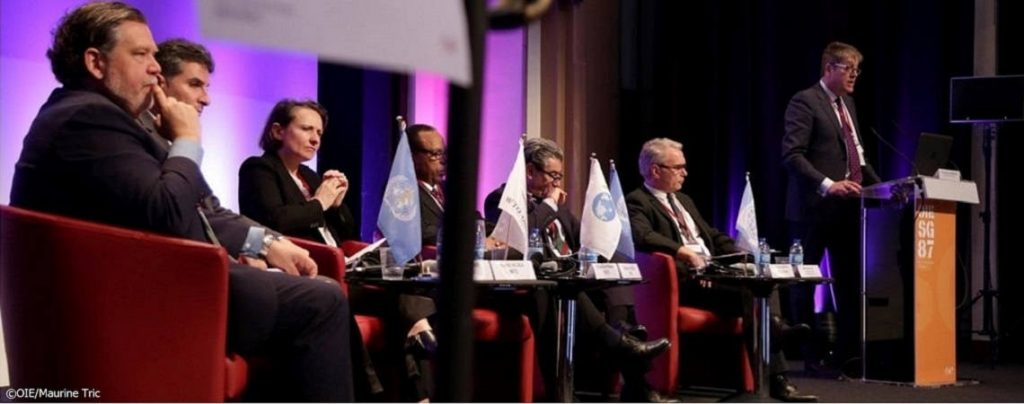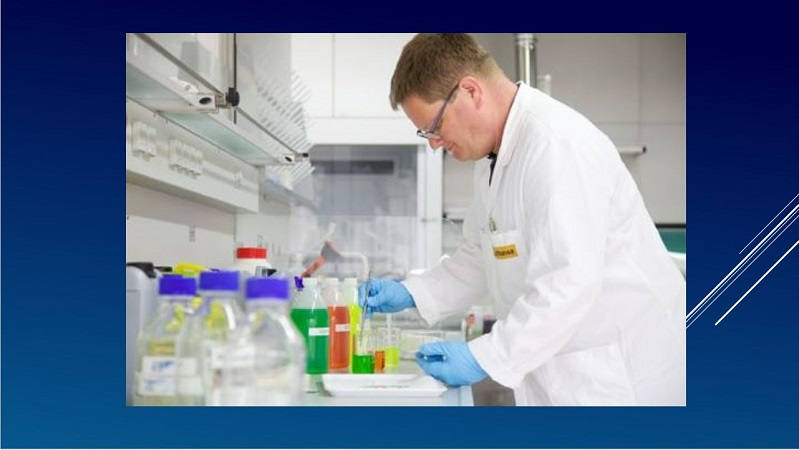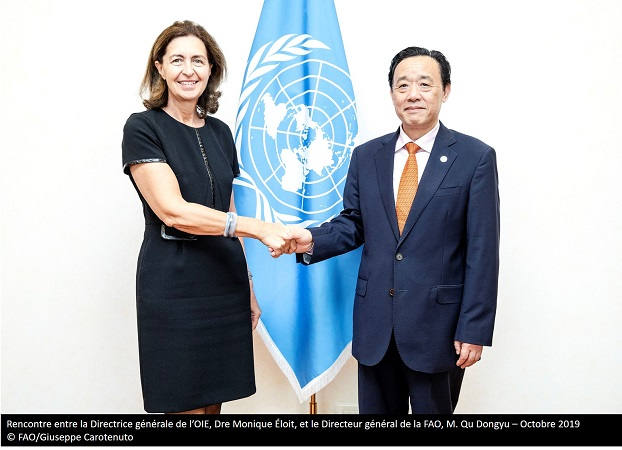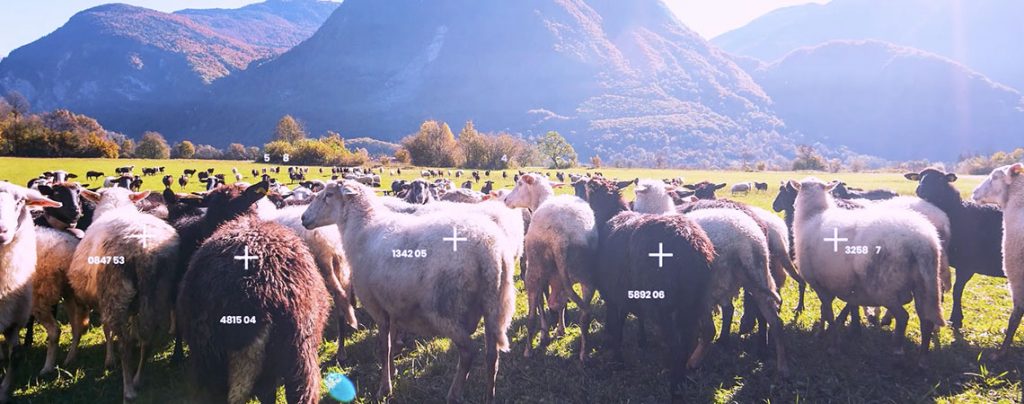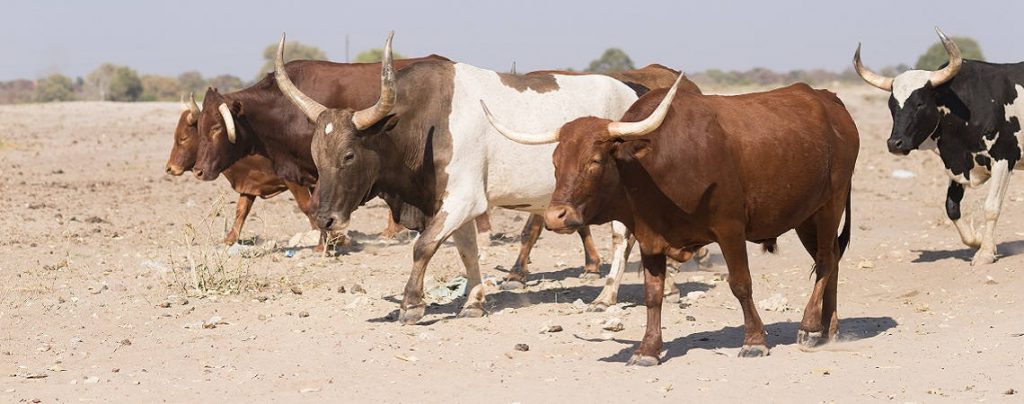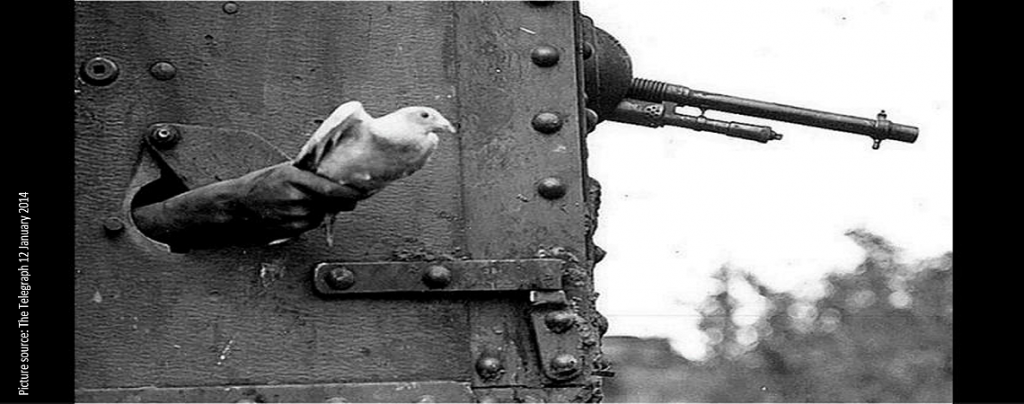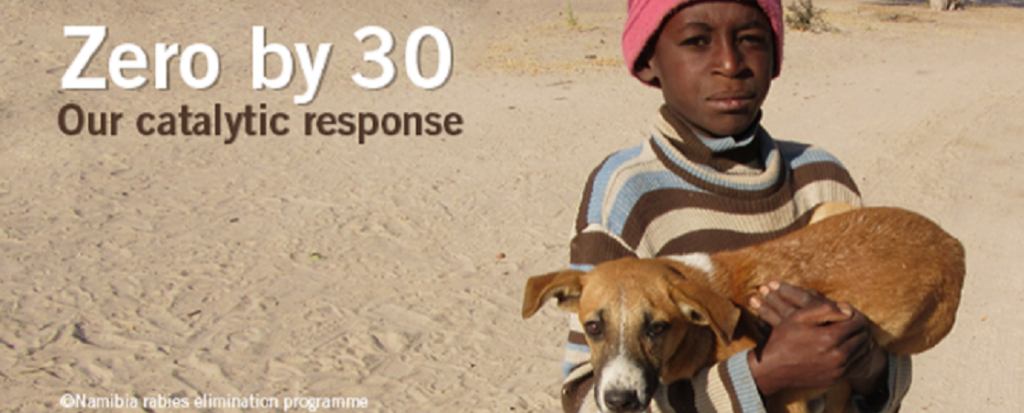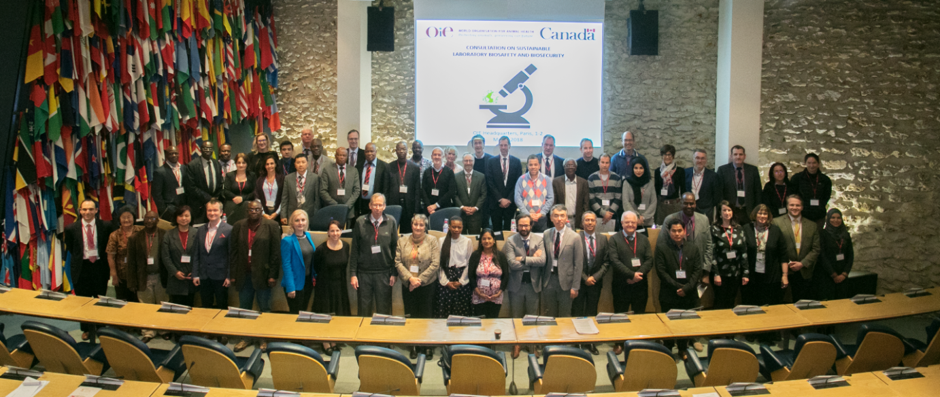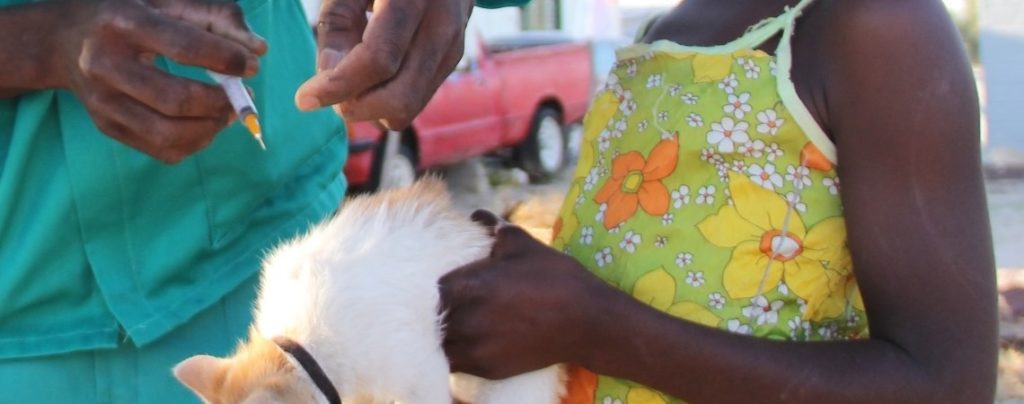INFORMATION EN CONTINU Posté sur 2024-03-26 12:12:03
Advancing the WOAH Strategy Against Antimicrobial Resistance
Mots-clés
Photo: (right to left): Dr Donald Prater, Dr Fajur Al Saloom, Ms Barbara Freischem, Dr Monique Eloit (WOAH DG), Dr Stephen Page, Dr Tomoko Ishibashi (Chair), Dr Alejandro Dorado Garcia (FAO) and Dr Jorge Matheu (WHO). © WOAH/J. Yugeros-Marcos
WOAH Director General Dr Monique Eloit welcomed the Antimicrobial Resistance Working Group (AMRWG) during their recent meeting at WOAH Headquarters from 27-29 February 2024.
As well as highlighting the urgency of changing the way antimicrobials are used in animals, Dr Eloit emphasised the importance of investing in new tools to address animal health issues, thus reducing reliance on antimicrobials. Dr Eloit also noted the need to advocate for the phasing out of antimicrobials used for non-veterinary medical use, such as growth promotion. Additionally, she thanked both existing and past AMRWG members for their efforts in combating antimicrobial resistance (AMR) over the years.
The AMRWG was established in 2019 following the OIE 2nd Global Conference on Antimicrobial Resistance, to ensure sustainability of the WOAH Strategy on Antimicrobial Resistance and Prudent Use. Since then, the AMRWG has revised Chapter 6.10 of the Terrestrial Animal Health Code and the recommendations of the WOAH List of Antimicrobials of Veterinary Importance. Both will be proposed for adoption by Members at the upcoming 91st General Session. These are key documents supporting Members in promoting responsible and prudent use of antimicrobials, which is critical for both animal and human health. The documents are aligned with the Codex Alimentarius Code of Practice and the World Health Organization (WHO) list of Medically Important Antimicrobials (previously known as Critically Important Antimicrobials).
Moreover, the AMRWG has developed species-specific lists of antimicrobials of veterinary importance. So far, three of these technical reference documents (TRDs) have been completed: first for poultry in 2020 then for aquatic and swine animals in 2022. TRDs for bovine animals, as well as cats and dogs, are expected to be completed by ad hoc groups, ready for endorsement by the AMRWG in October 2024. Moreover, the AMRWG is committed to the continued revision of WOAH Standards on AMR (chapters 6.7 to 6.11 of the Terrestrial Animal Health Code, and chapters 6.1 to 6.5 of the Aquatic Animal Health Code).
AMR in Companion Animals
At the meeting, the AMRWG endorsed the implementation of WOAH’s roadmap on AMR in companion animals. Worldwide, there are over 1 billion companion animals. Rising demand for their veterinary care, their evolving roles in society, as well as growing evidence of AMR occurrence and transfer between companion animals and humans and vice-versa means that it is of paramount importance that WOAH’s Strategy on AMR is extended to companion animals. These particular species require targeted recommendations and adapted actions. This involves key stakeholders, such as the World Small Animal Veterinary Association (WSAVA) and HealthforAnimals. Phase 1 (2024-2026) will focus on two key pillars of the Strategy: improving awareness and understanding, mainly through communication and educational materials for companion animal veterinarians and pet owners, as well as for veterinary paraprofessionals, pharmacists and drug shop owners, and animal breeders and keepers. The second pillar focuses on strengthening knowledge through surveillance and research by promoting data collection on antimicrobial use (AMU) and AMR from companion animals through WOAH’s ANIMUSE, which aims to become the global reference database for surveillance of these species.
The AMRWG is an essential element to support WOAH in maintaining a global perspective and foresight on antimicrobial resistance regarding animal health and the interface with human health, food production and the environment, under a One Health approach.
AMRWG members
The AMRWG has representation from all WOAH regions. Its members are Dr Tomoko Ishibashi (Chair, Japan), Dr Fajur Al Saloom (Council Member, Bahrain), Ms Barbara Freischem (European Medicine Agency) and Dr Stephen Page (Australia). Three new members will be joining the AMRWG at its next October meeting: Dr Carolee Carson (Canada), Dr Jalusa Dion Kich (Brazil) and Dr Arshnee Moodley (Kenya). Past members were Dr Gerard Moulin (France), Dr Donald Prater (United States of America) and Prof Moritz van Vuuren (South Africa).
